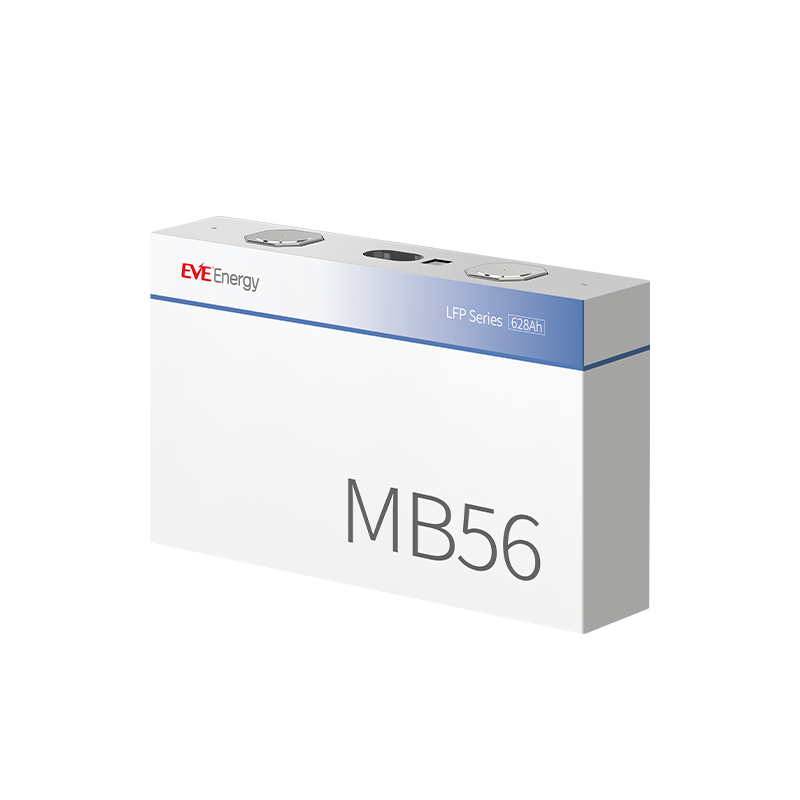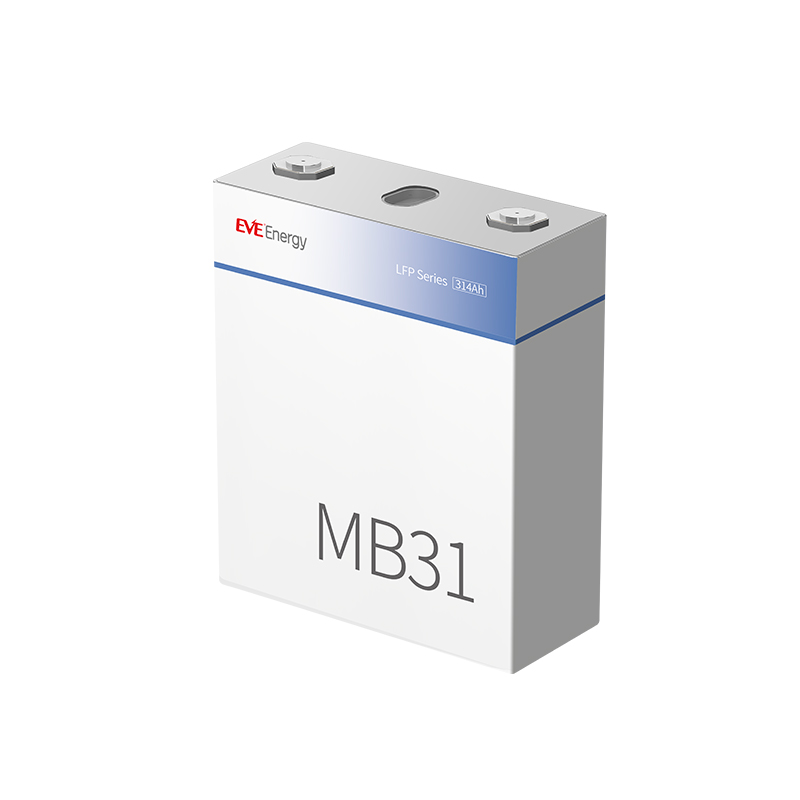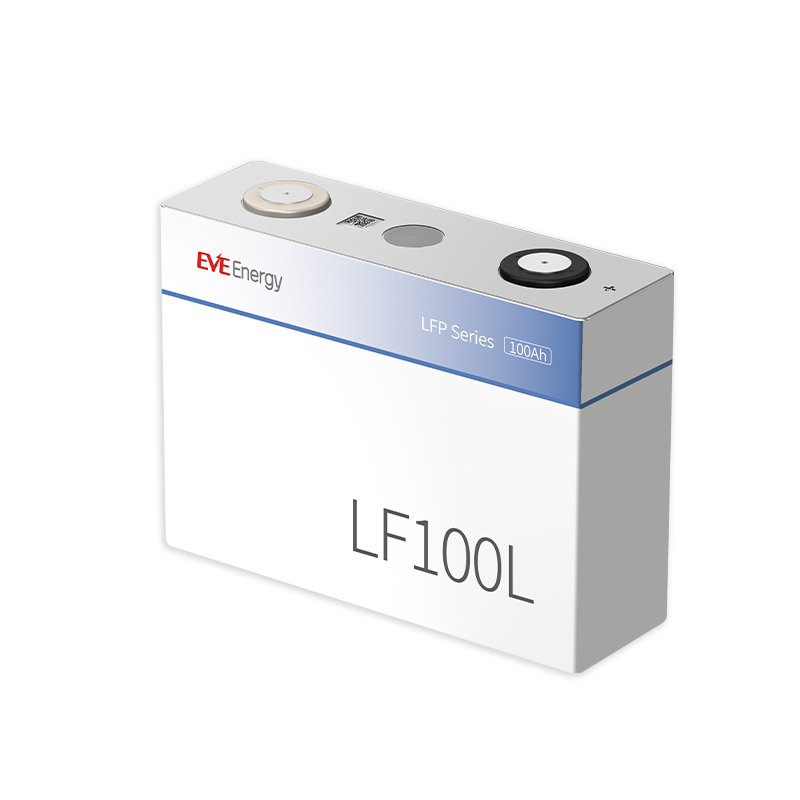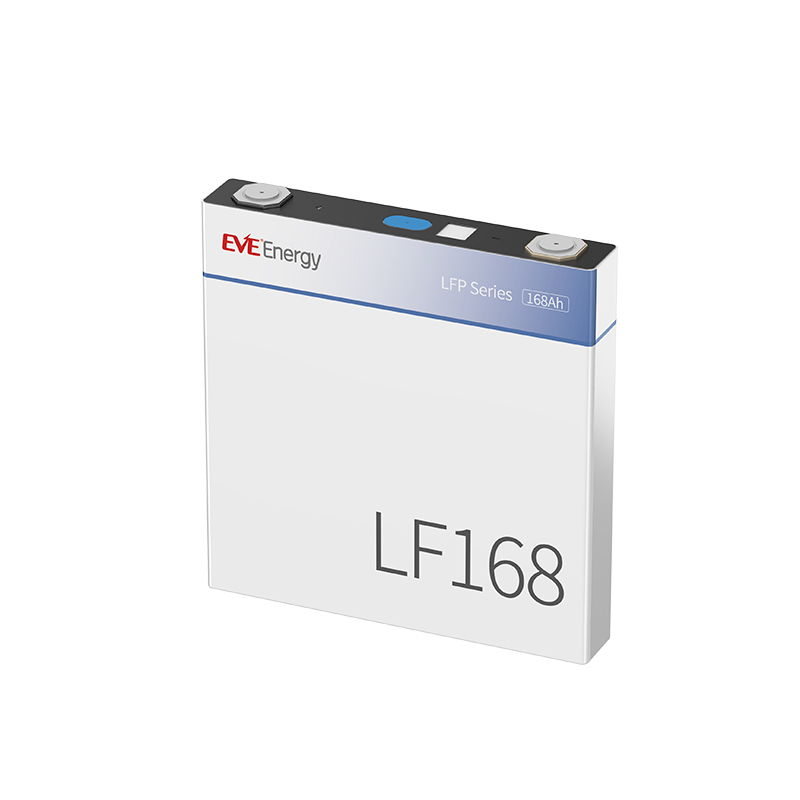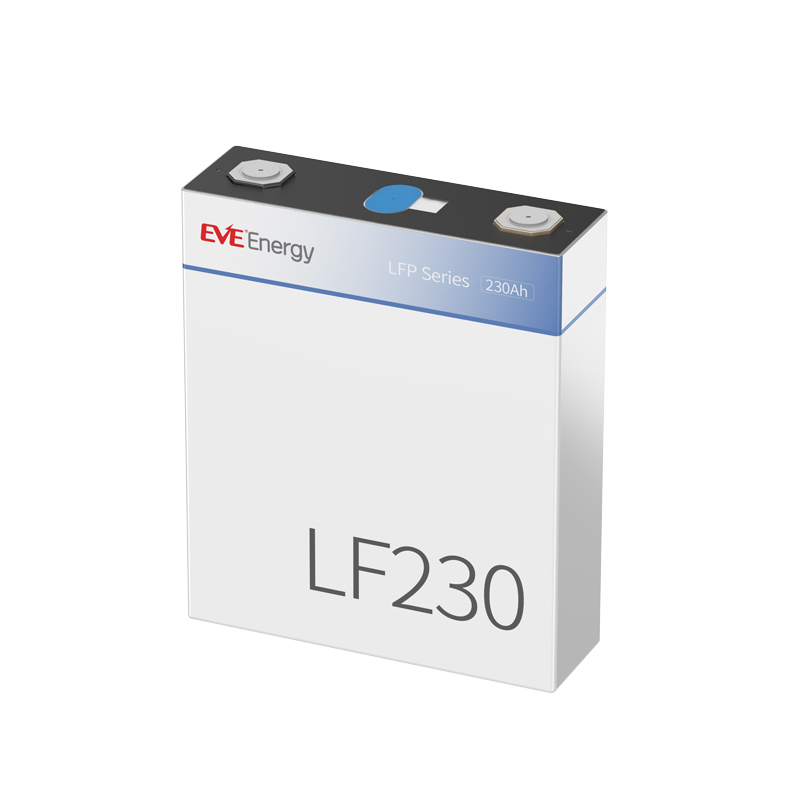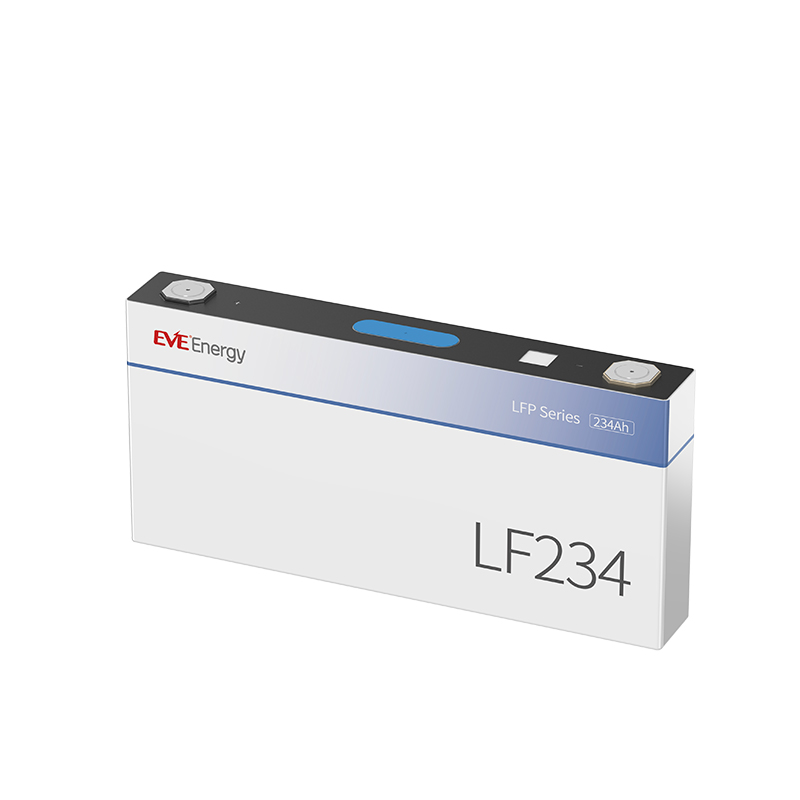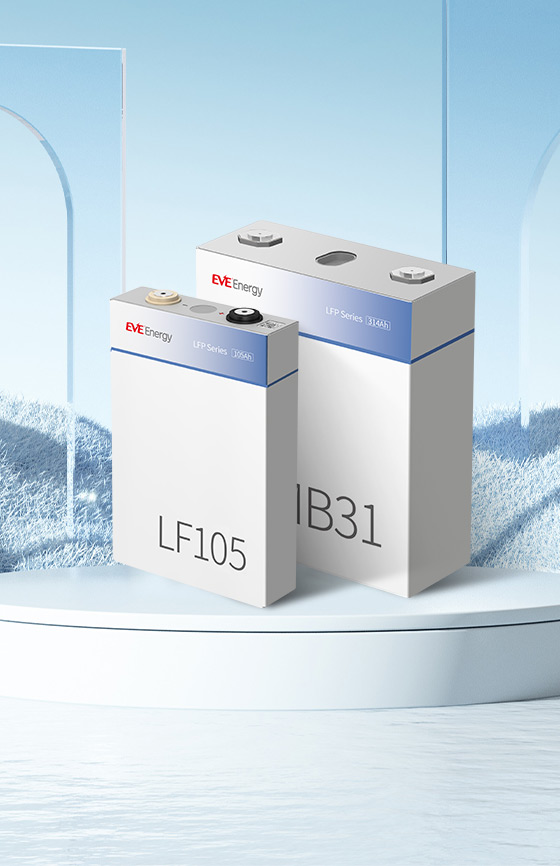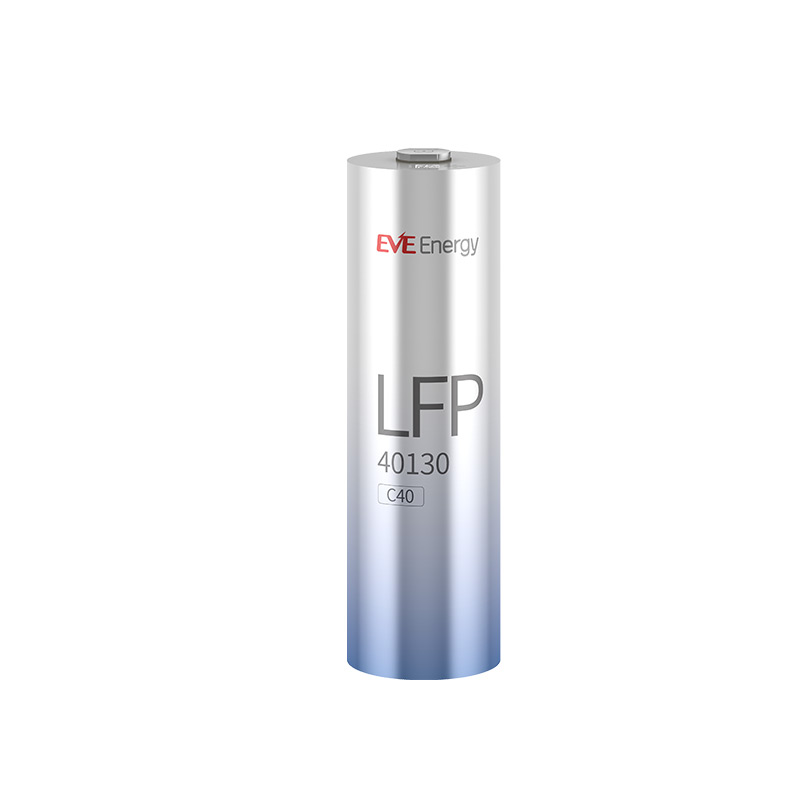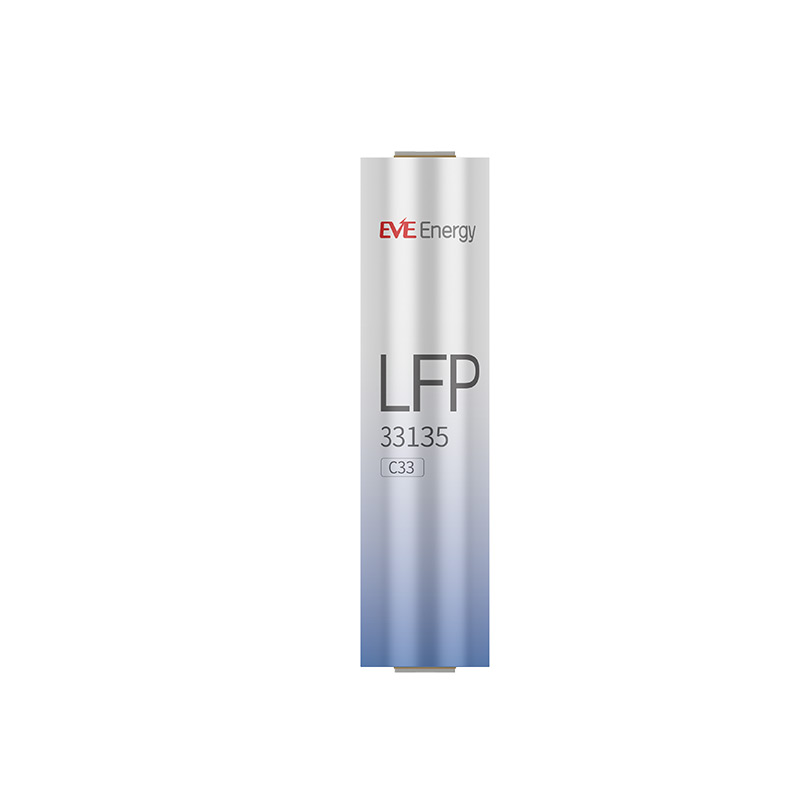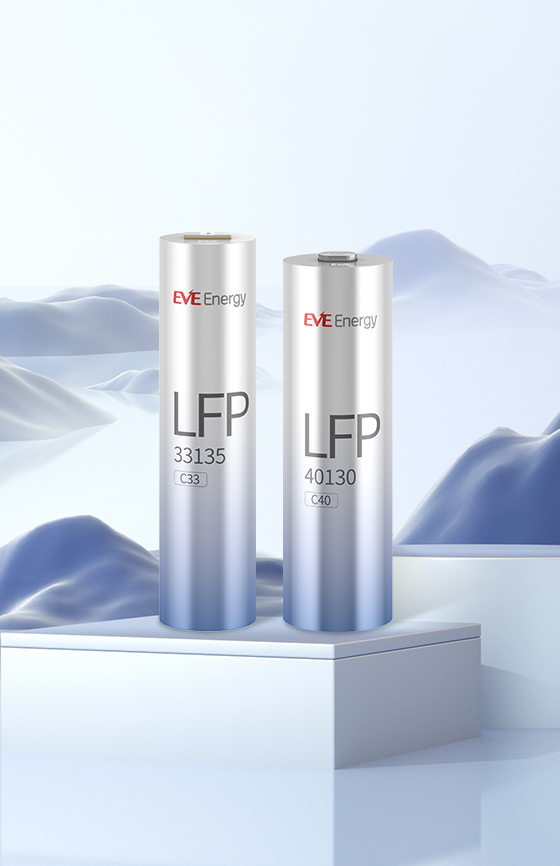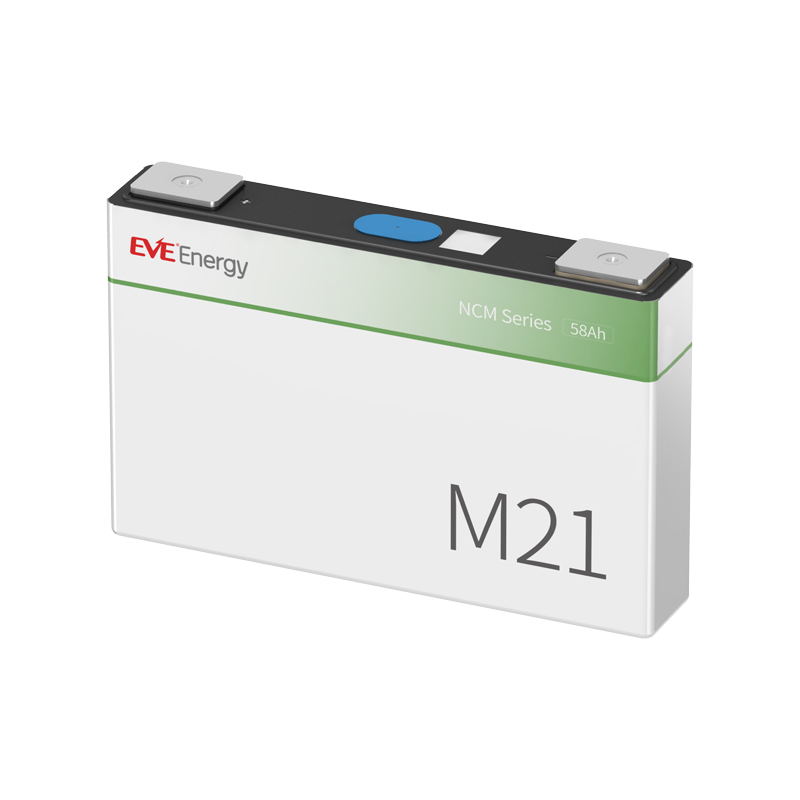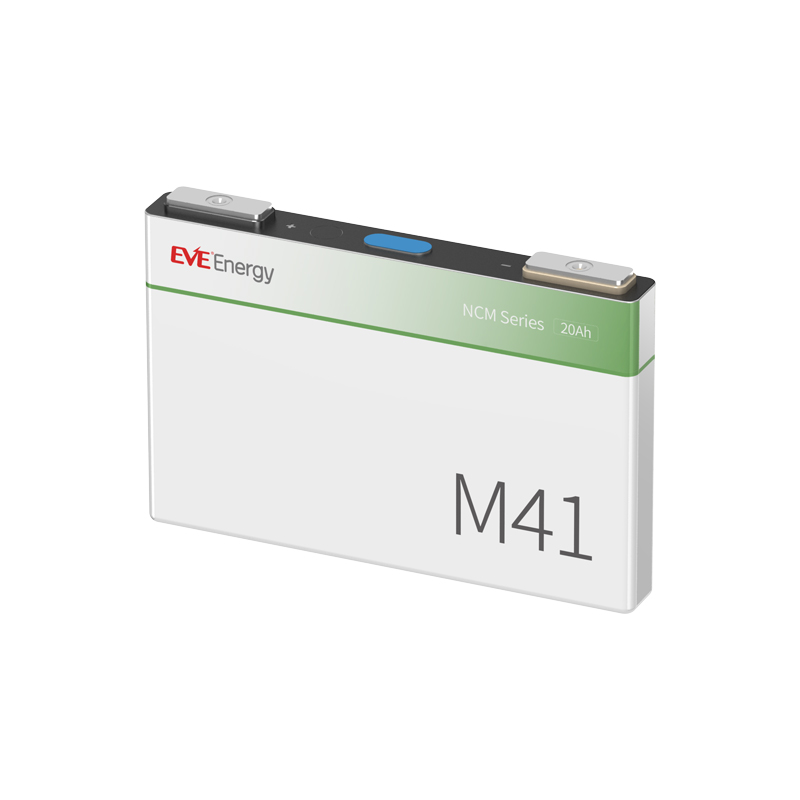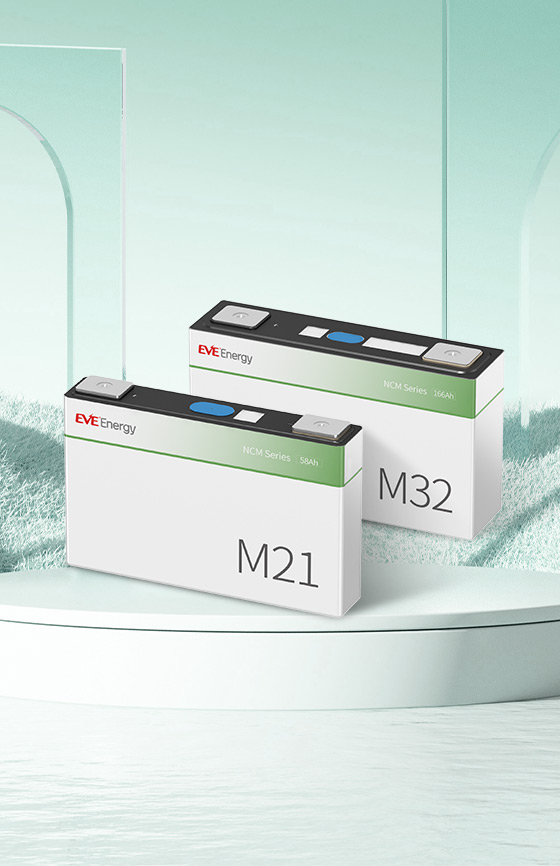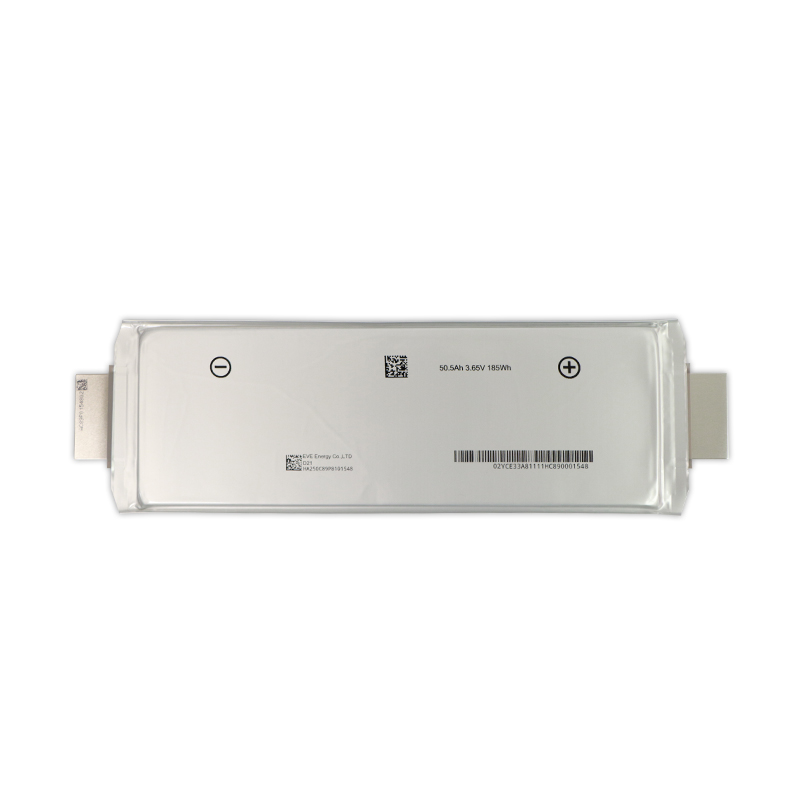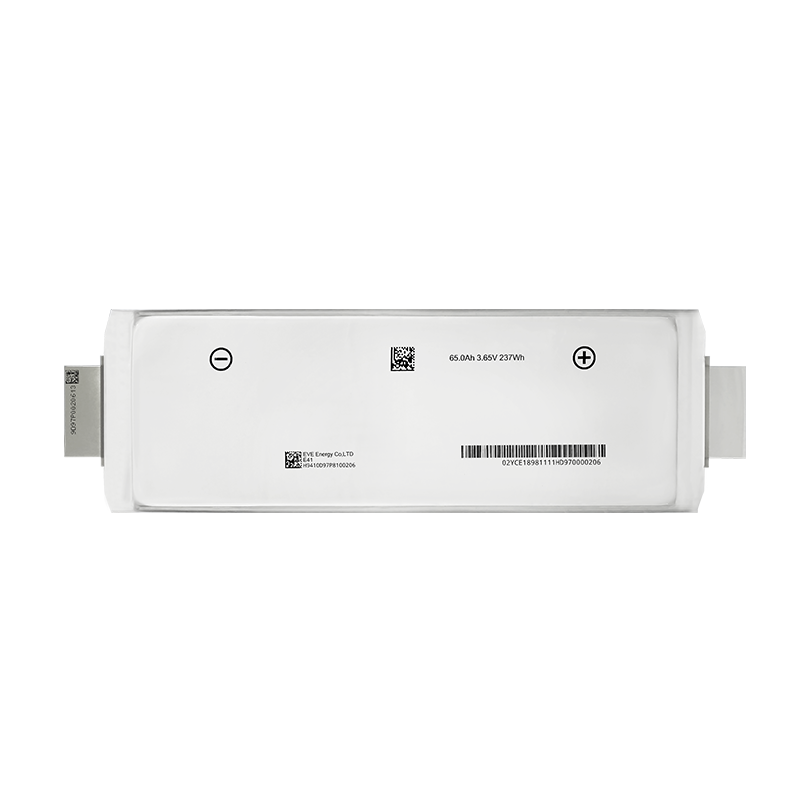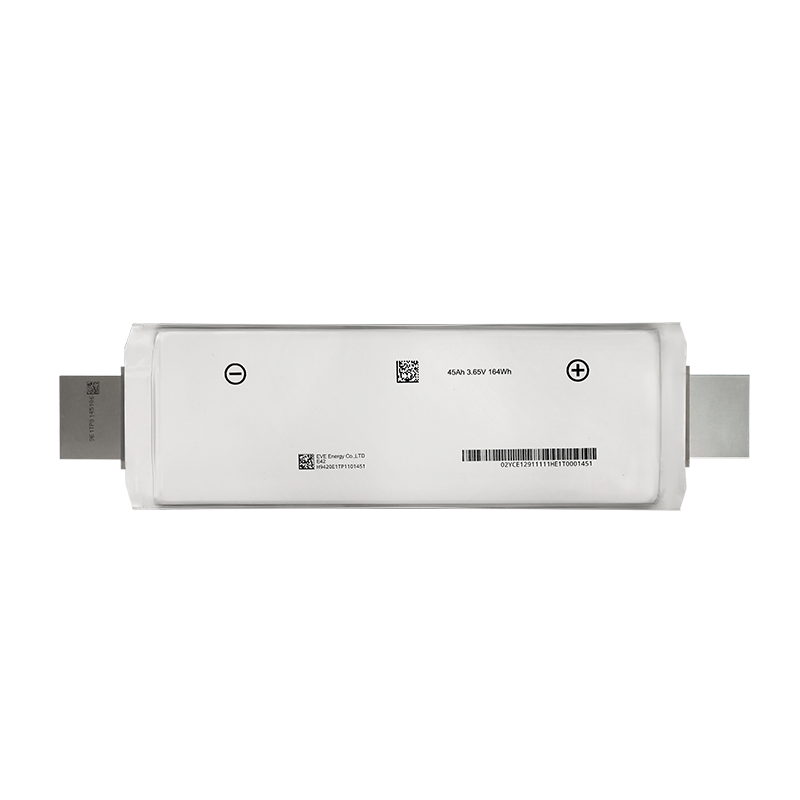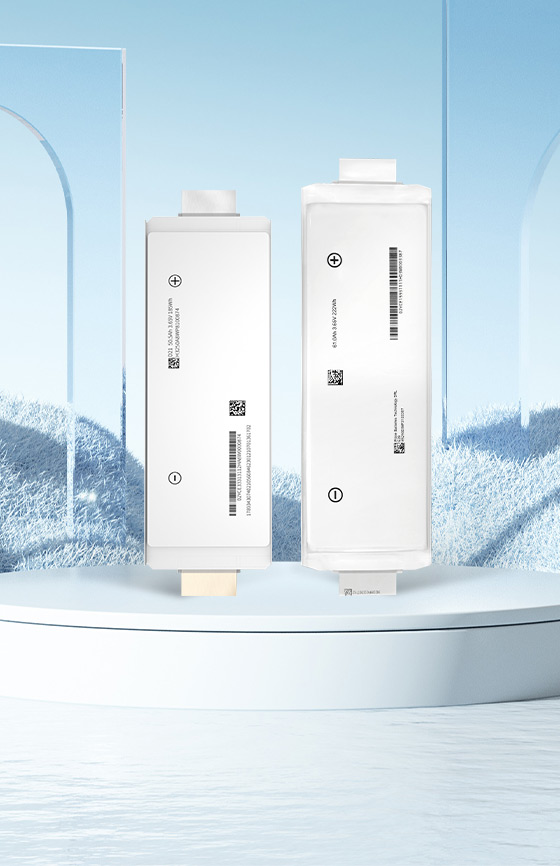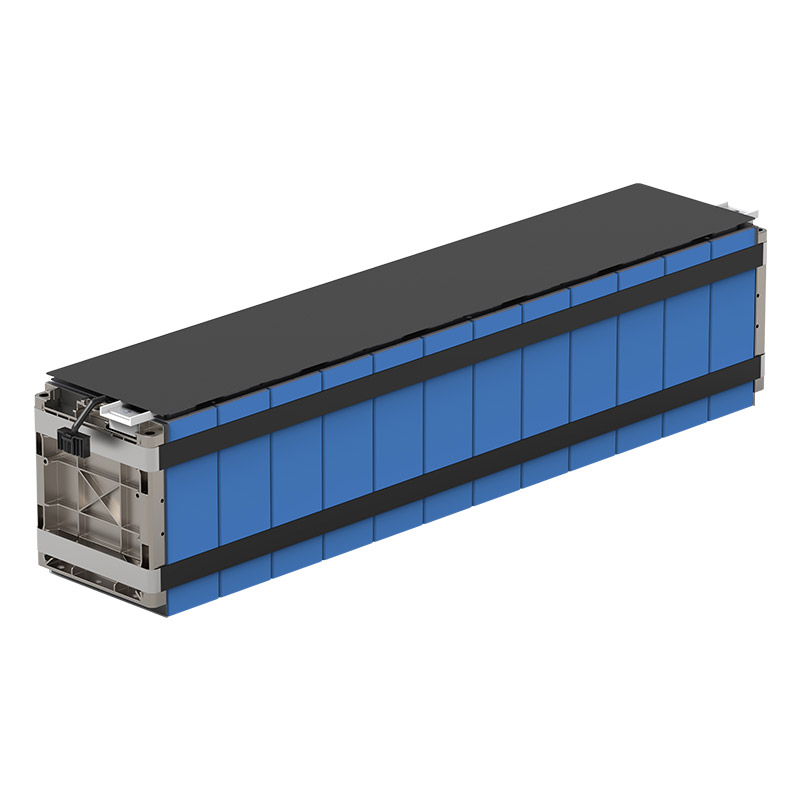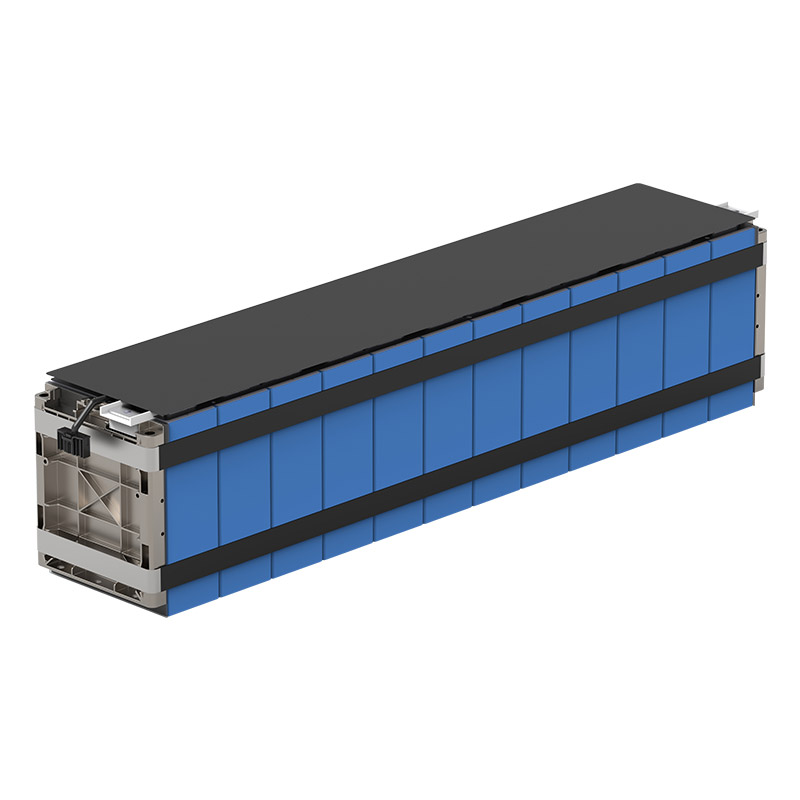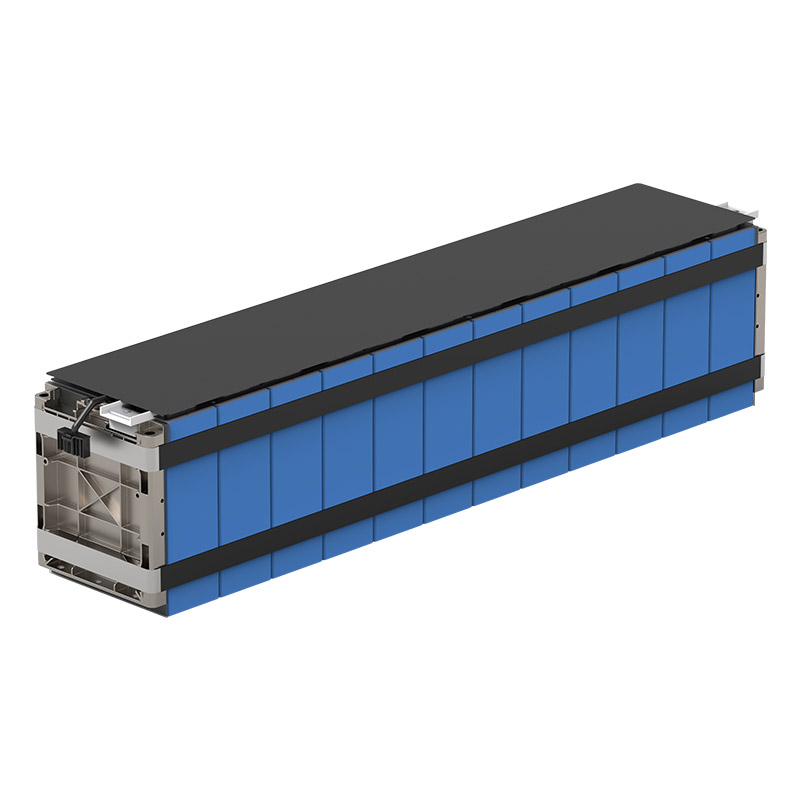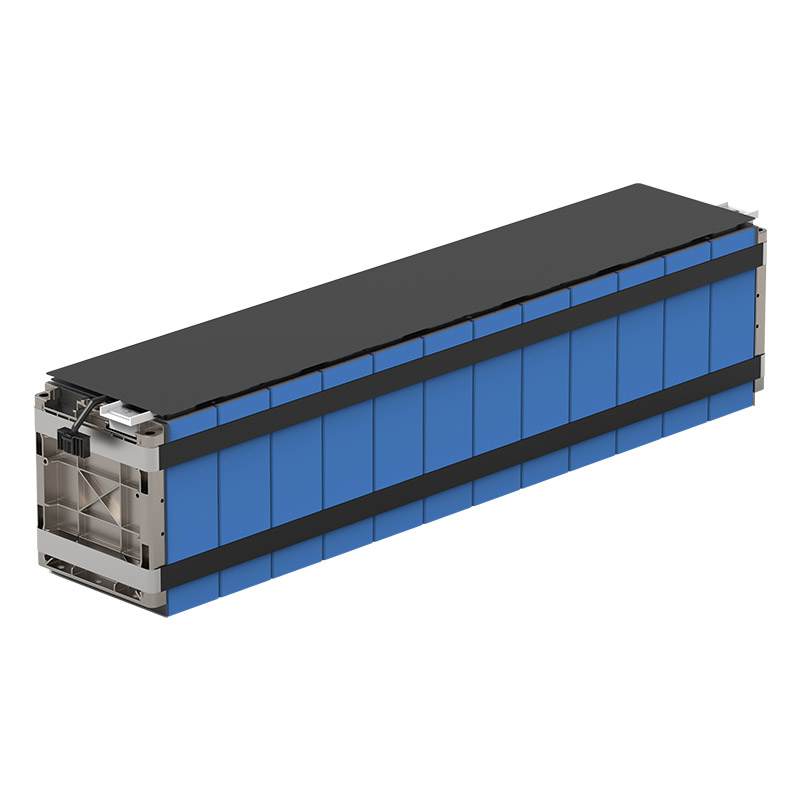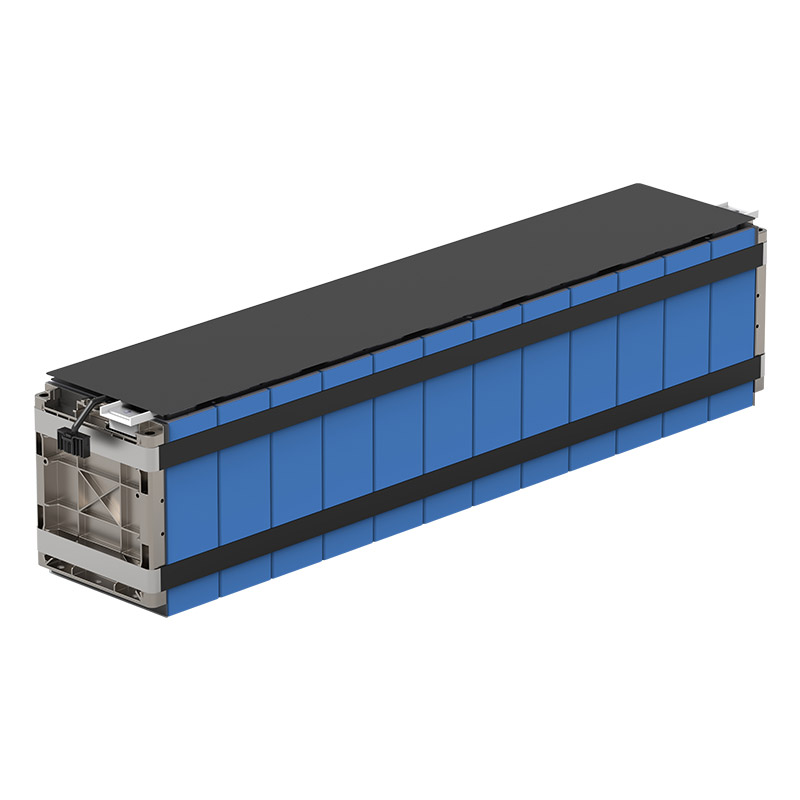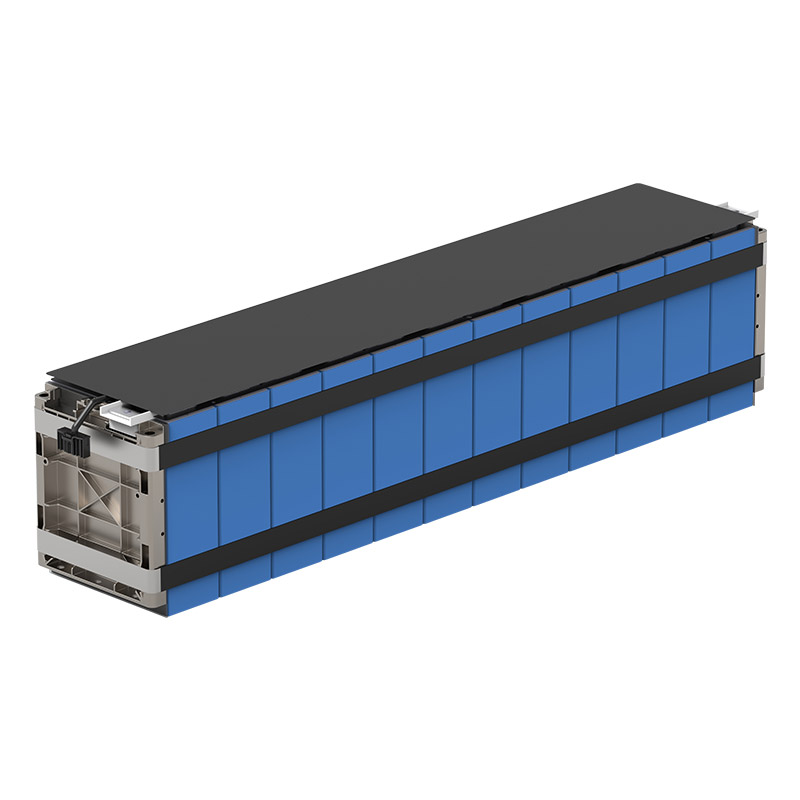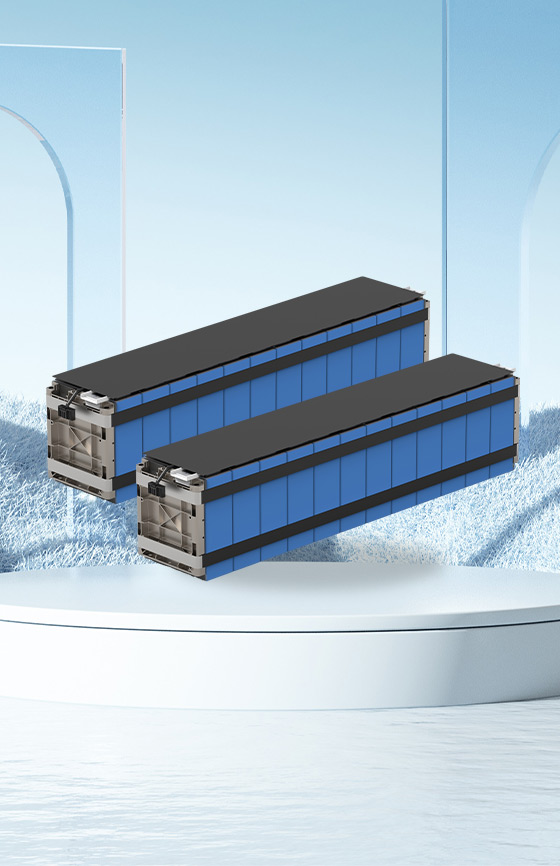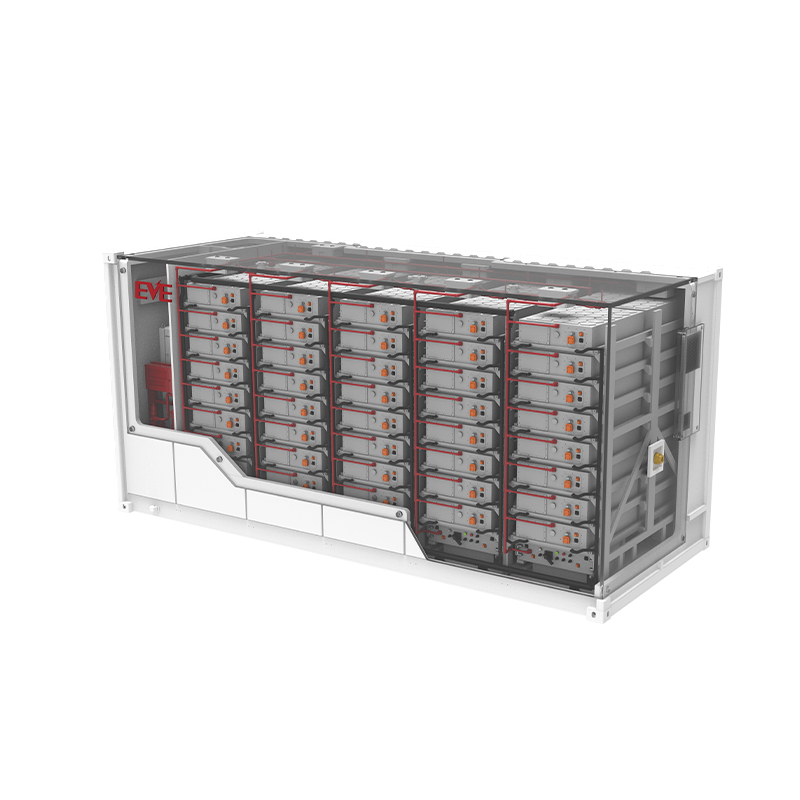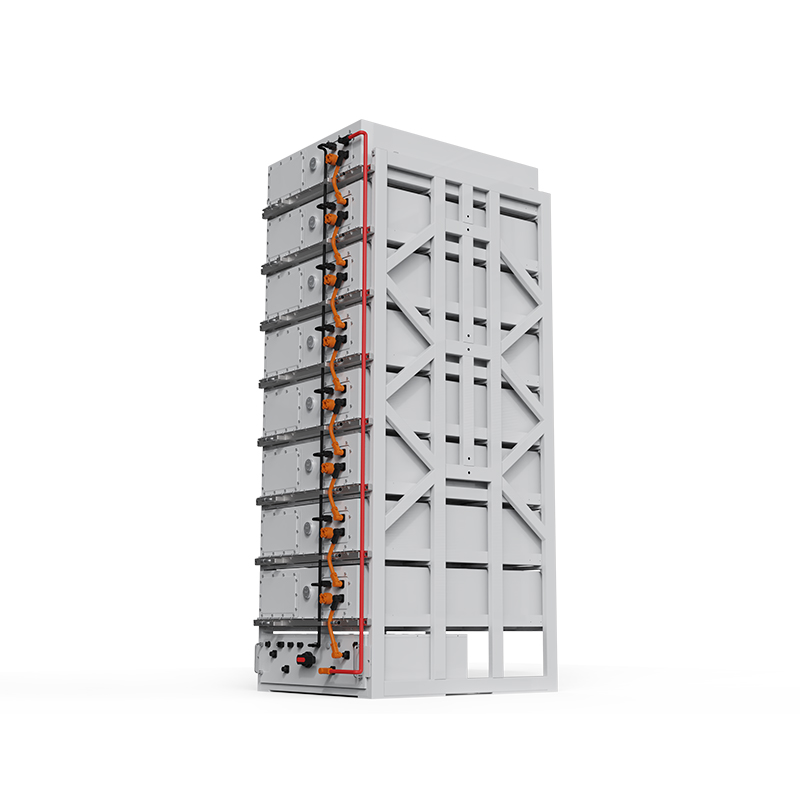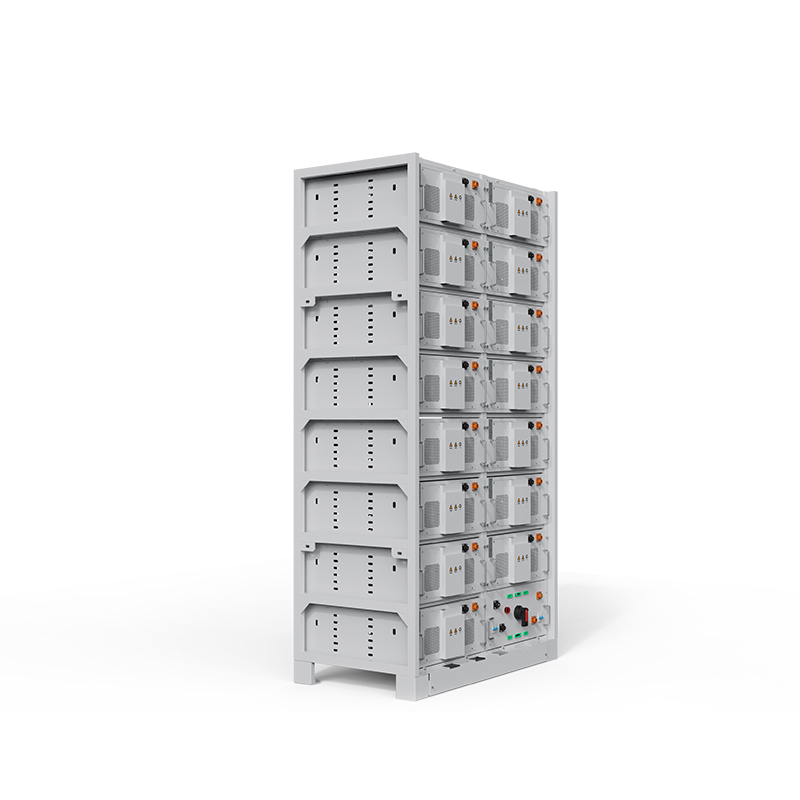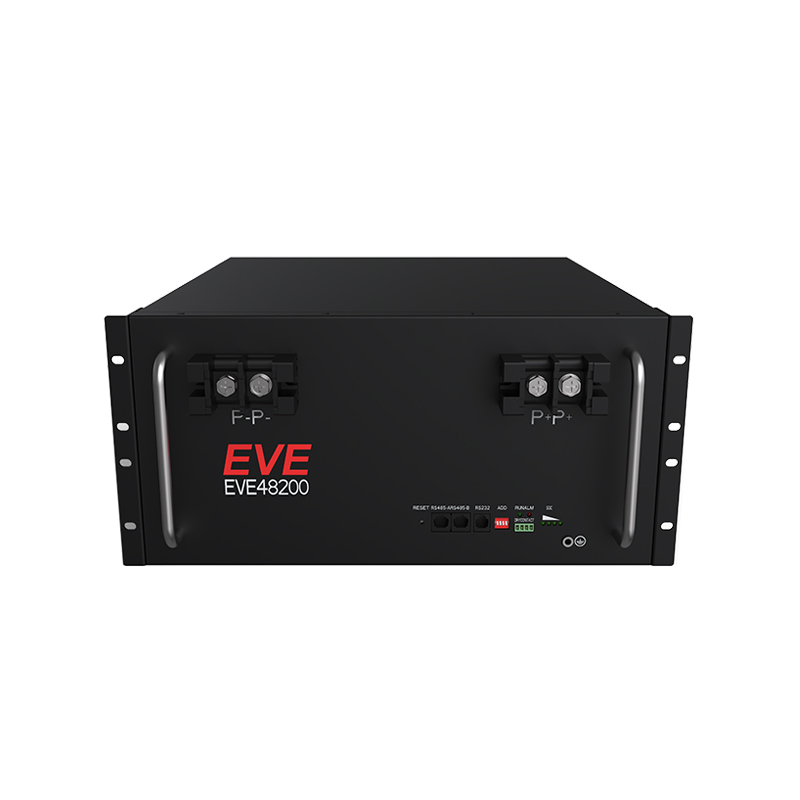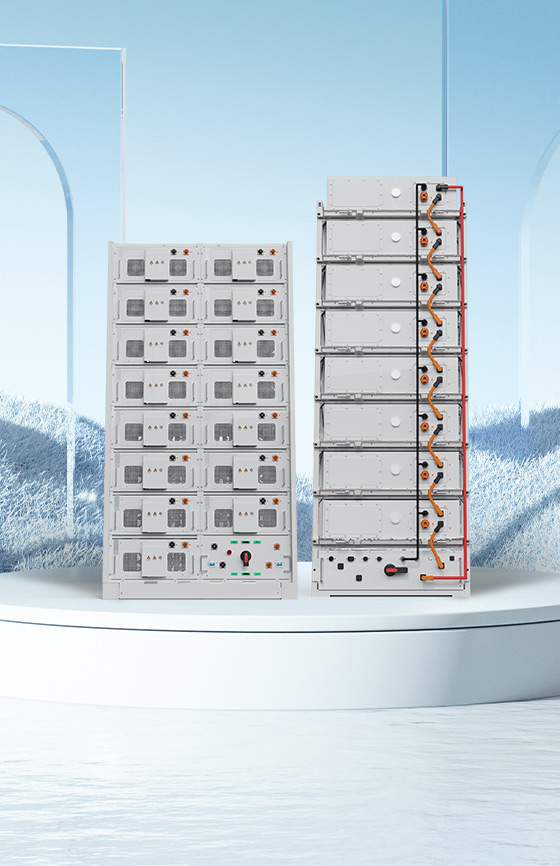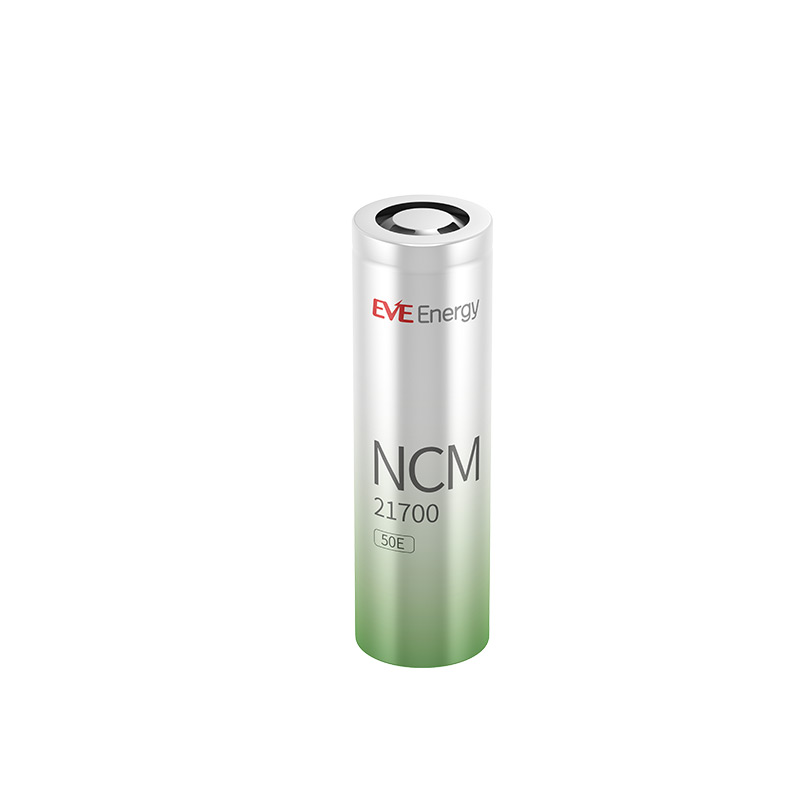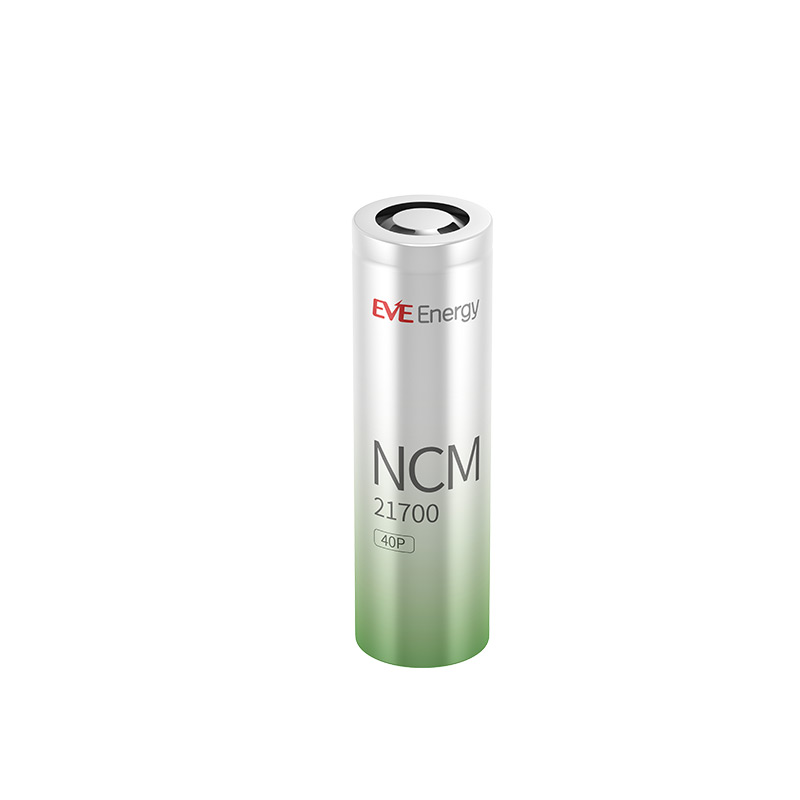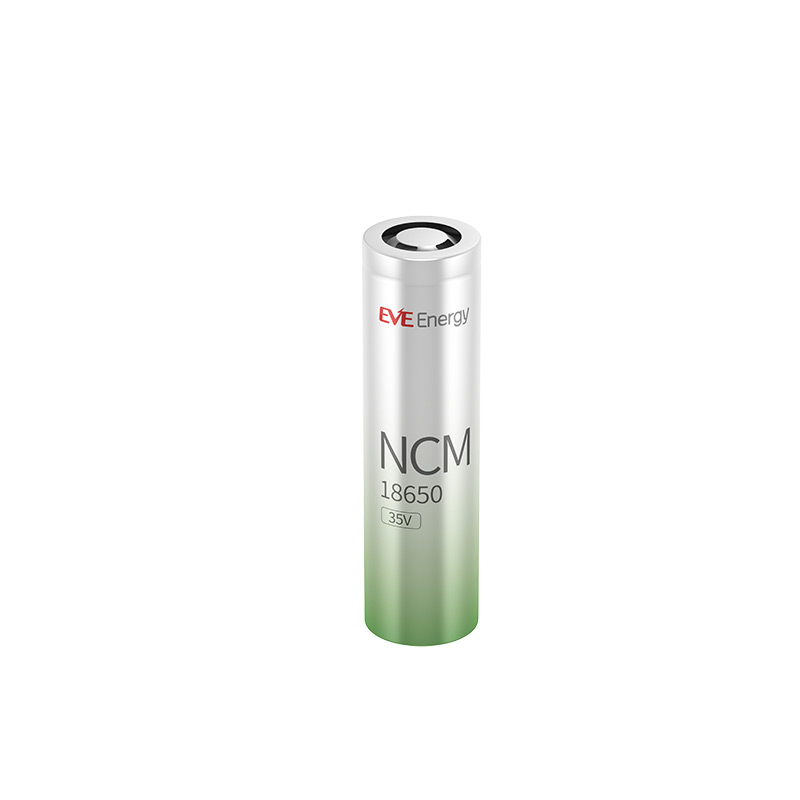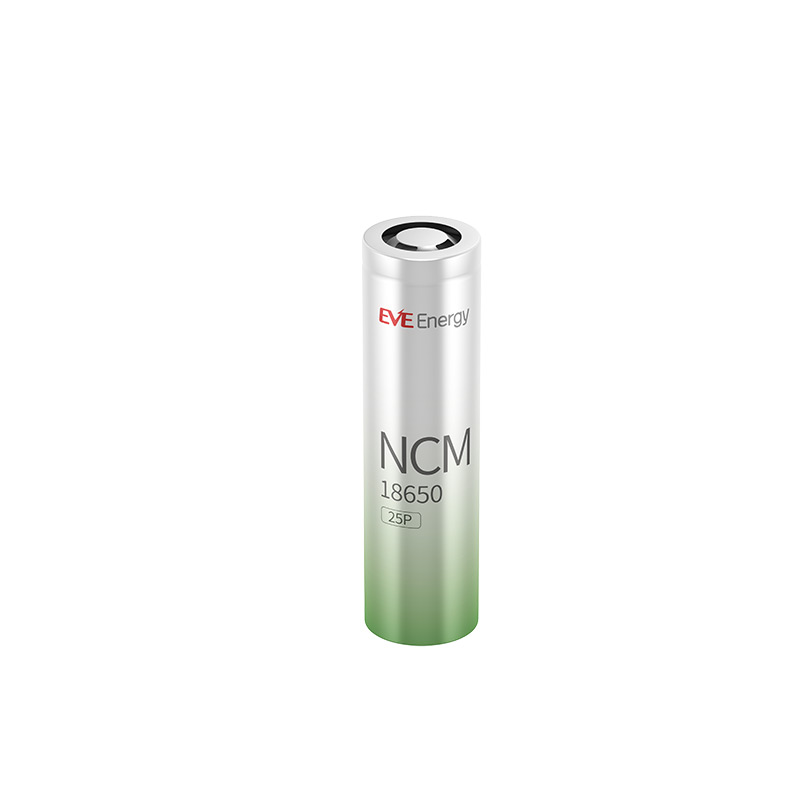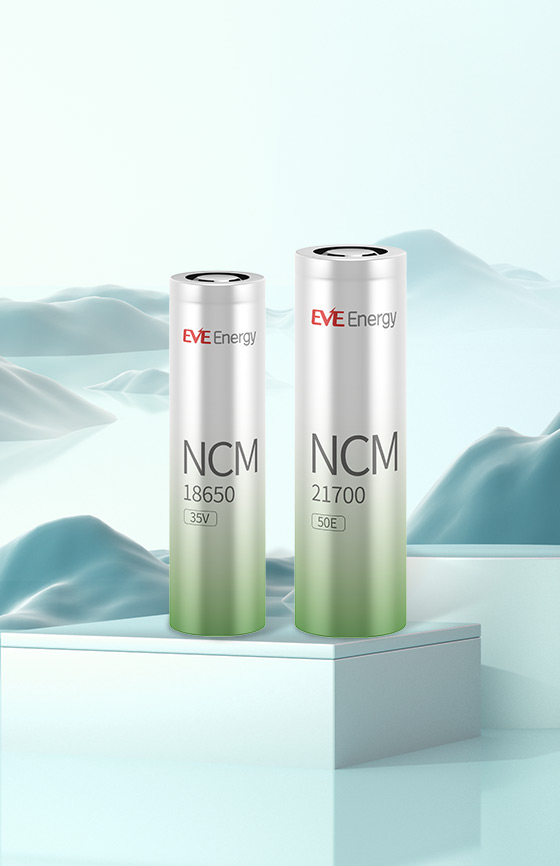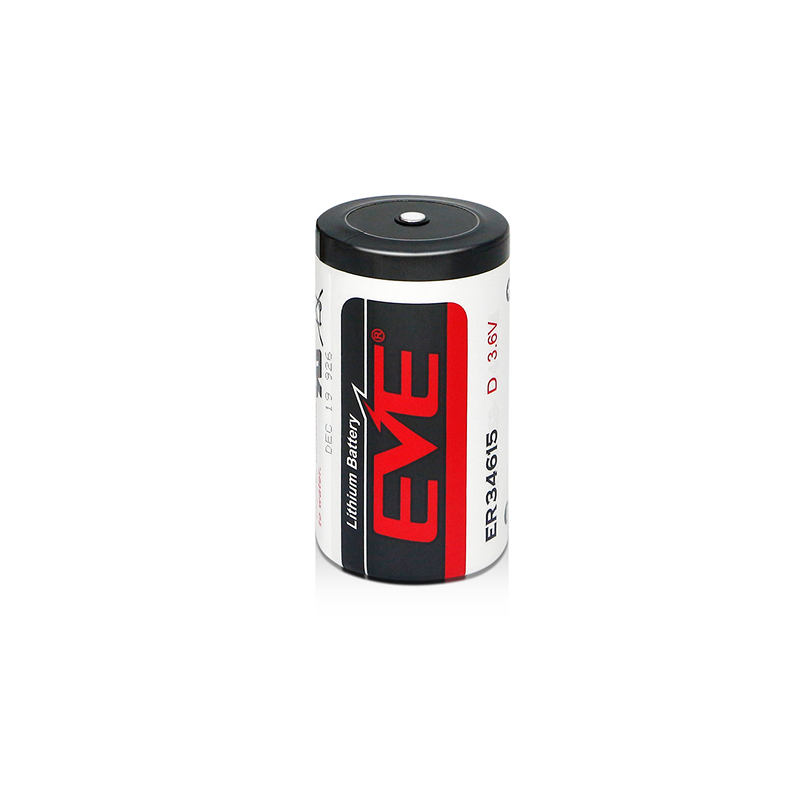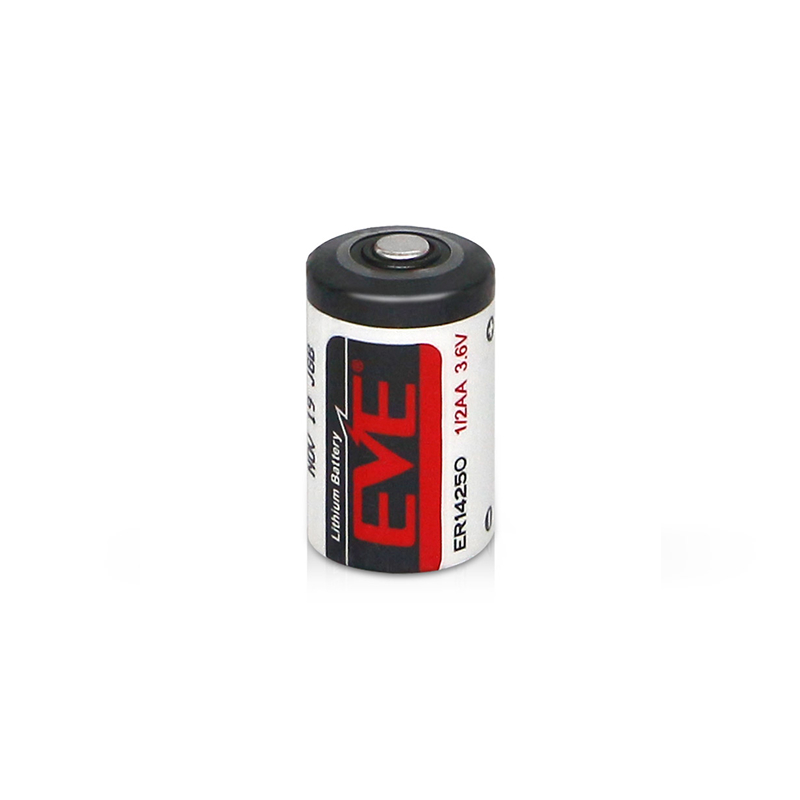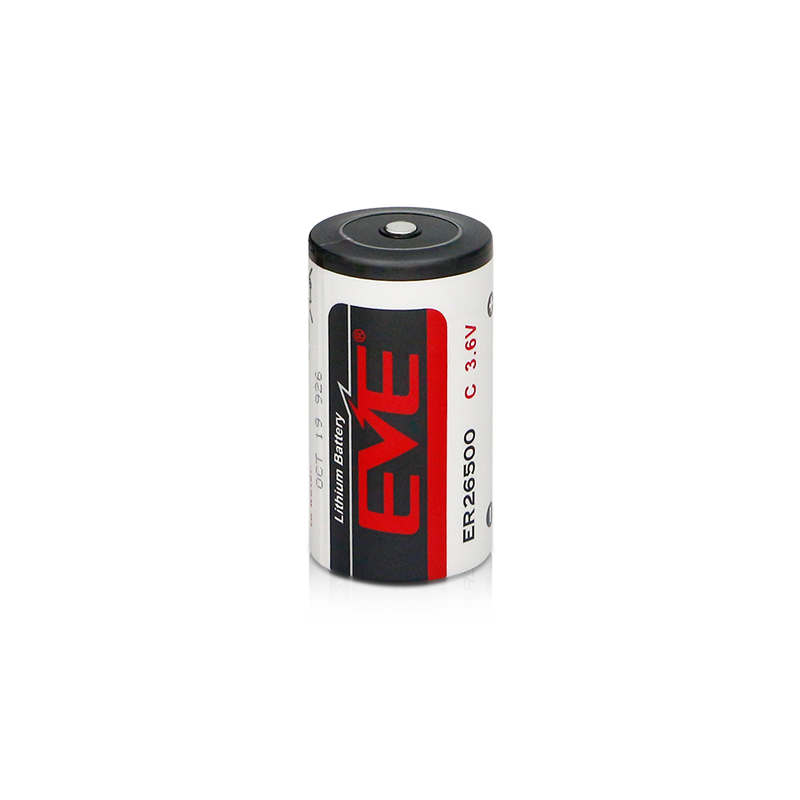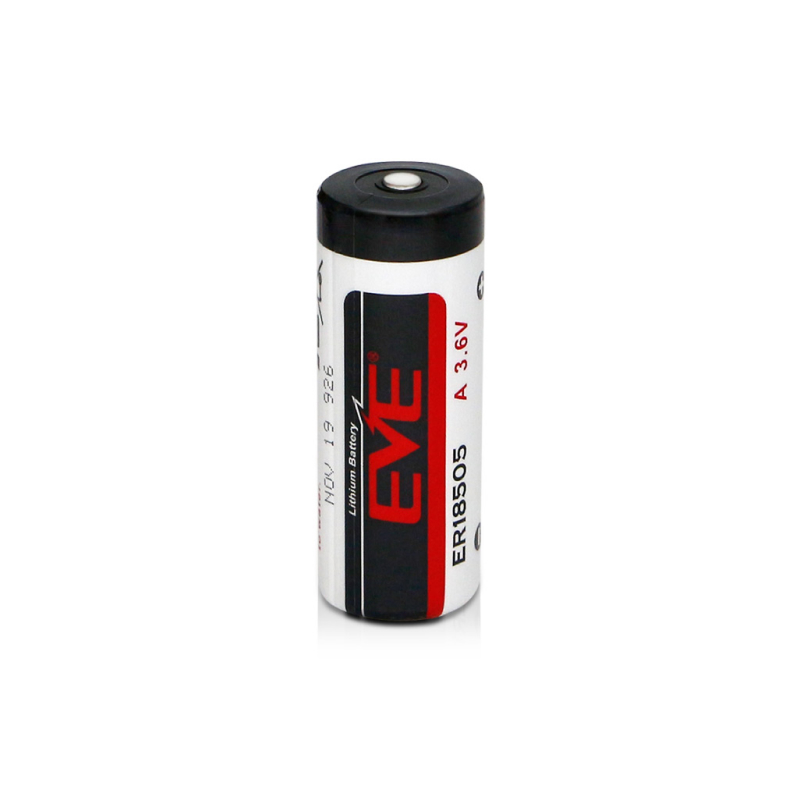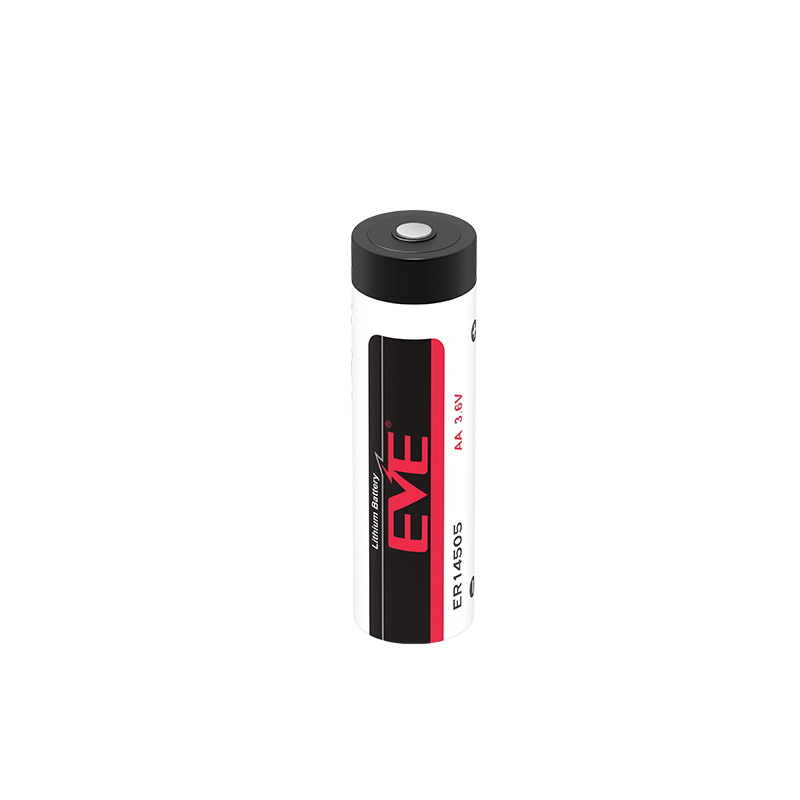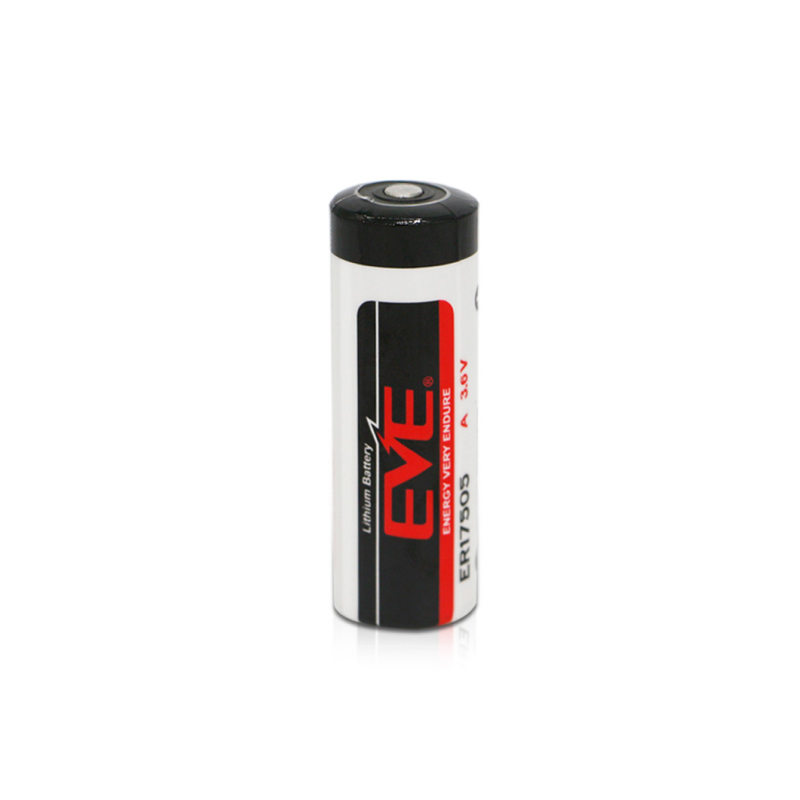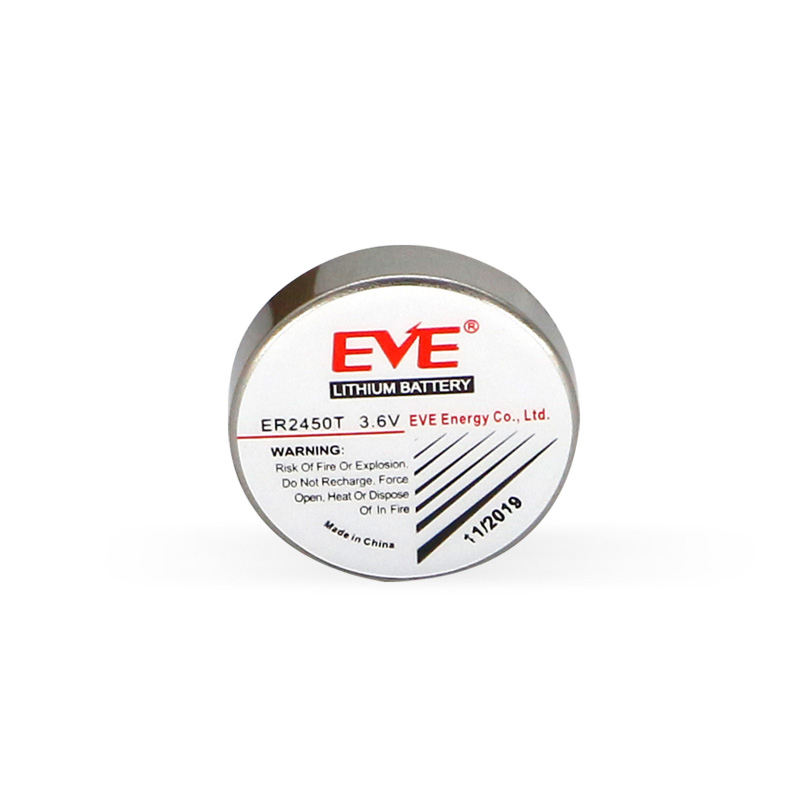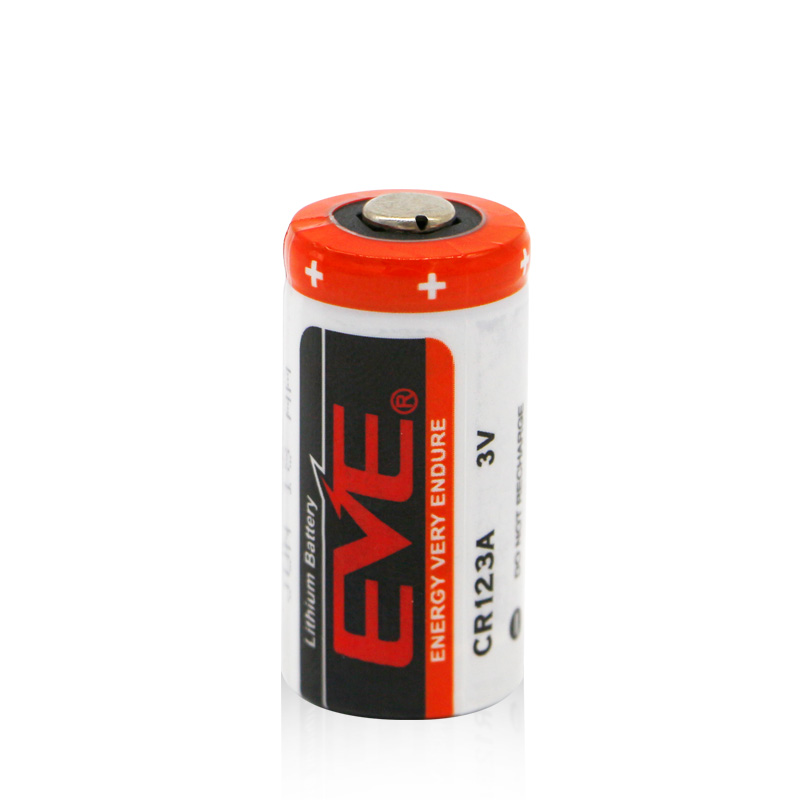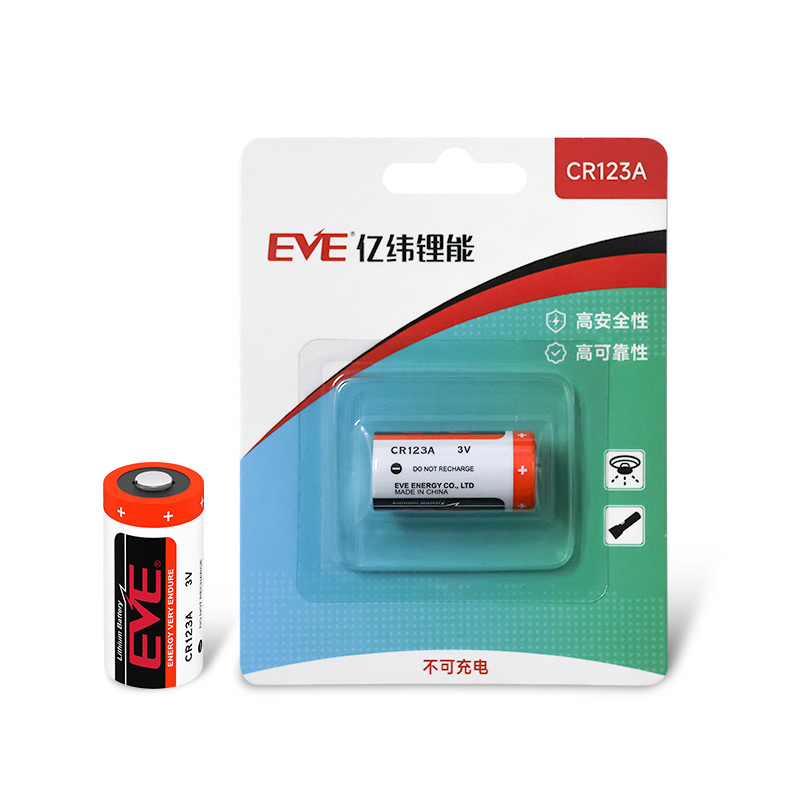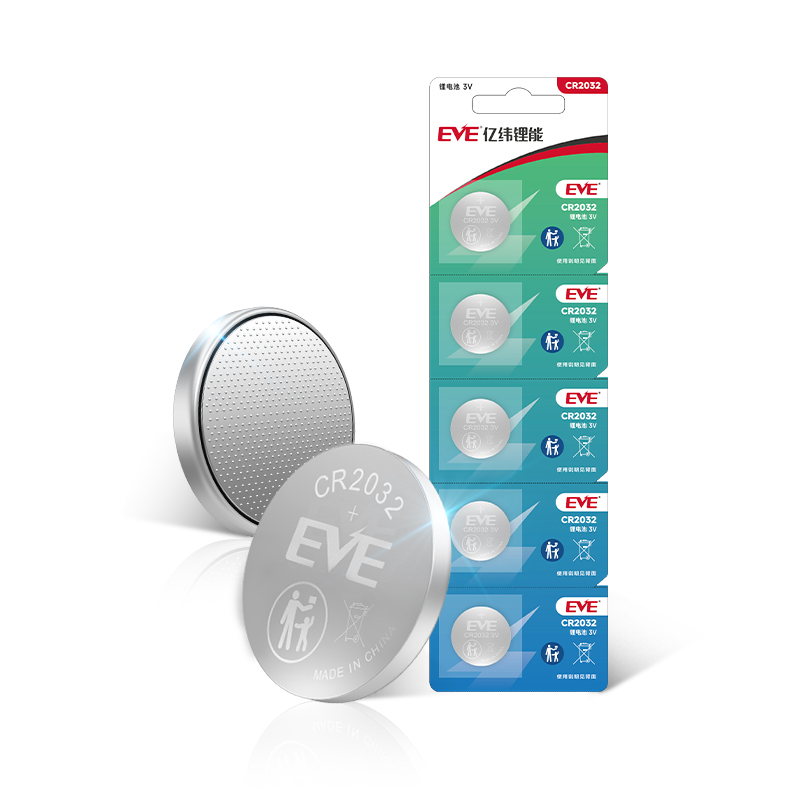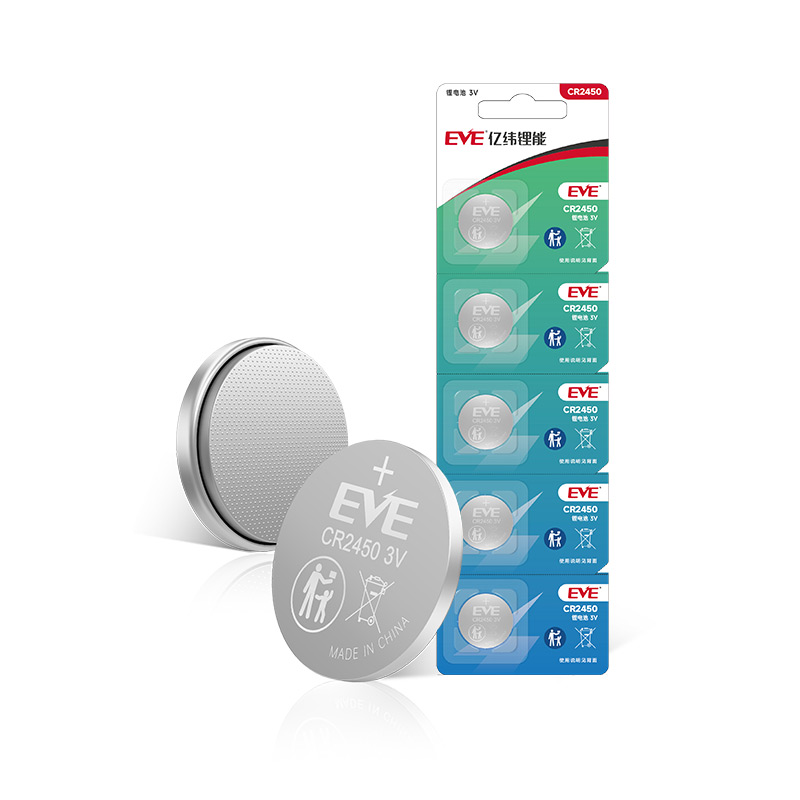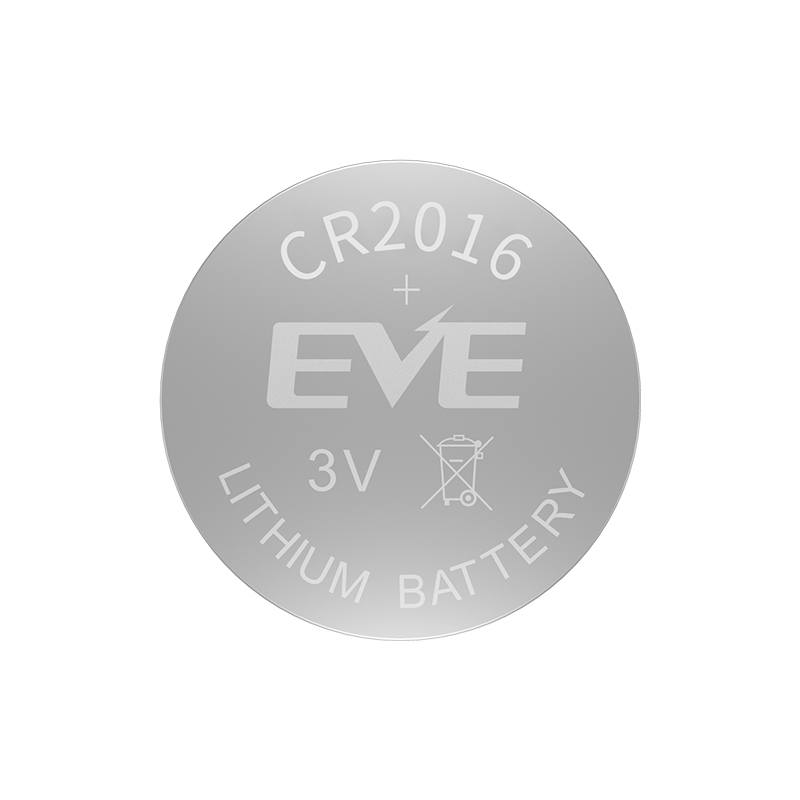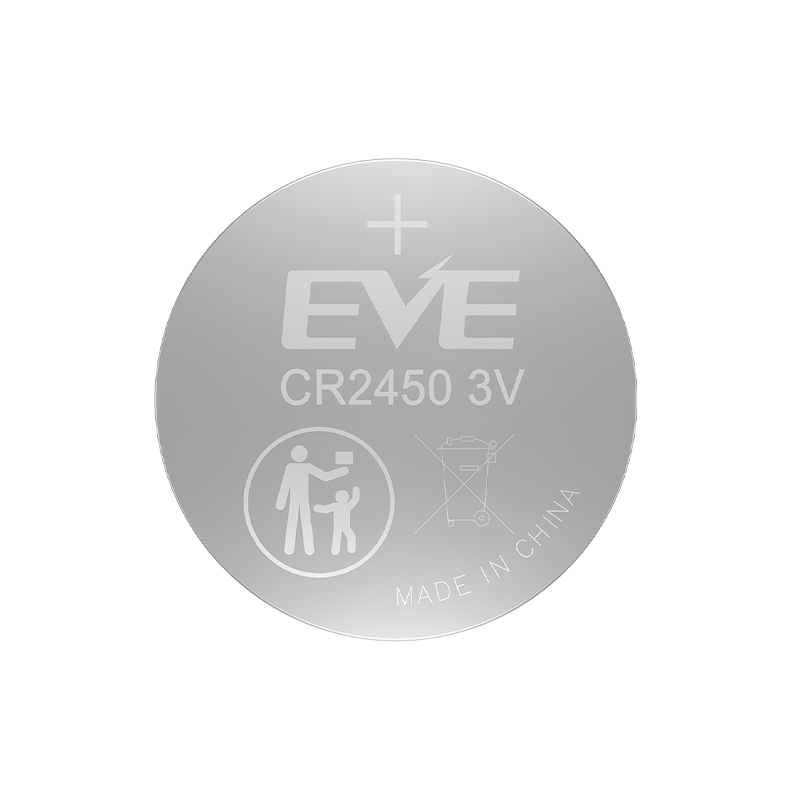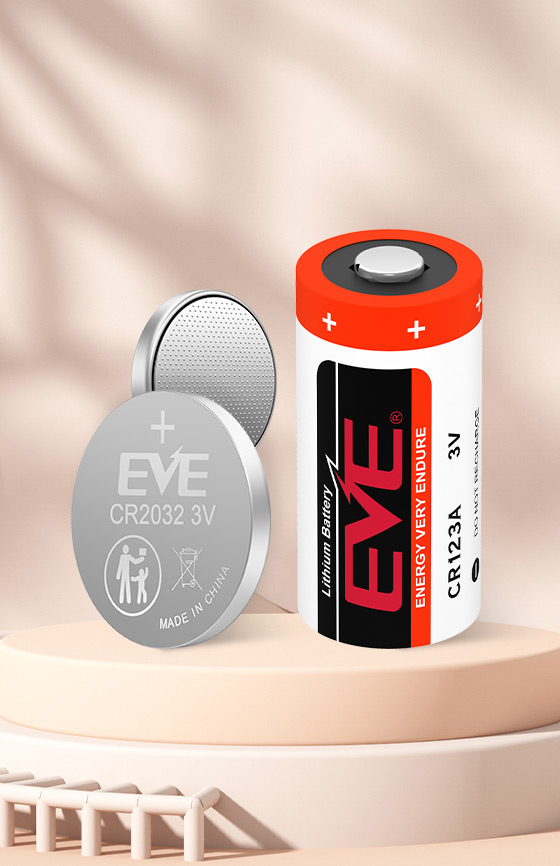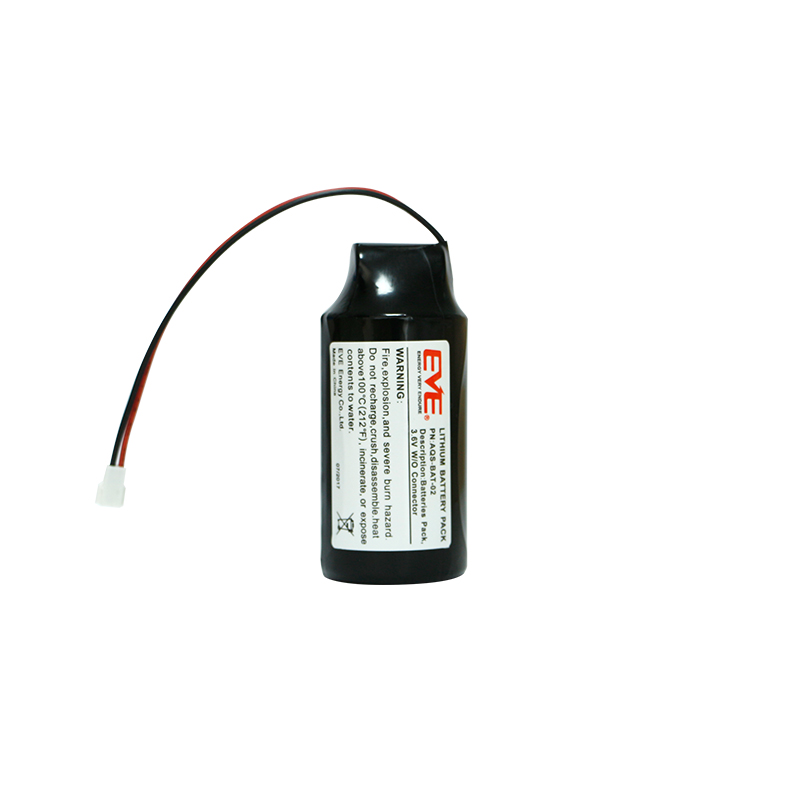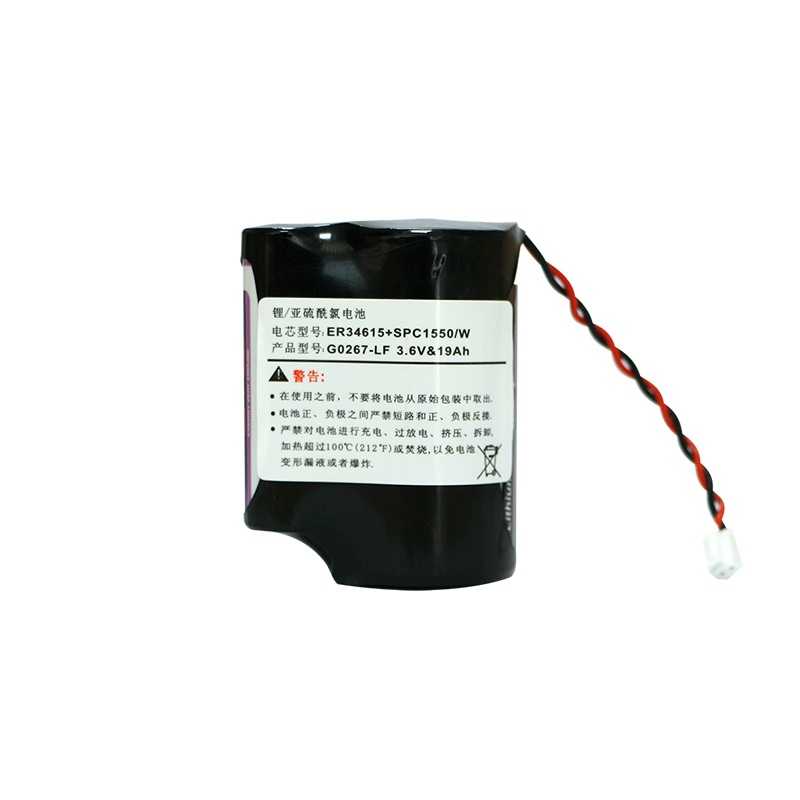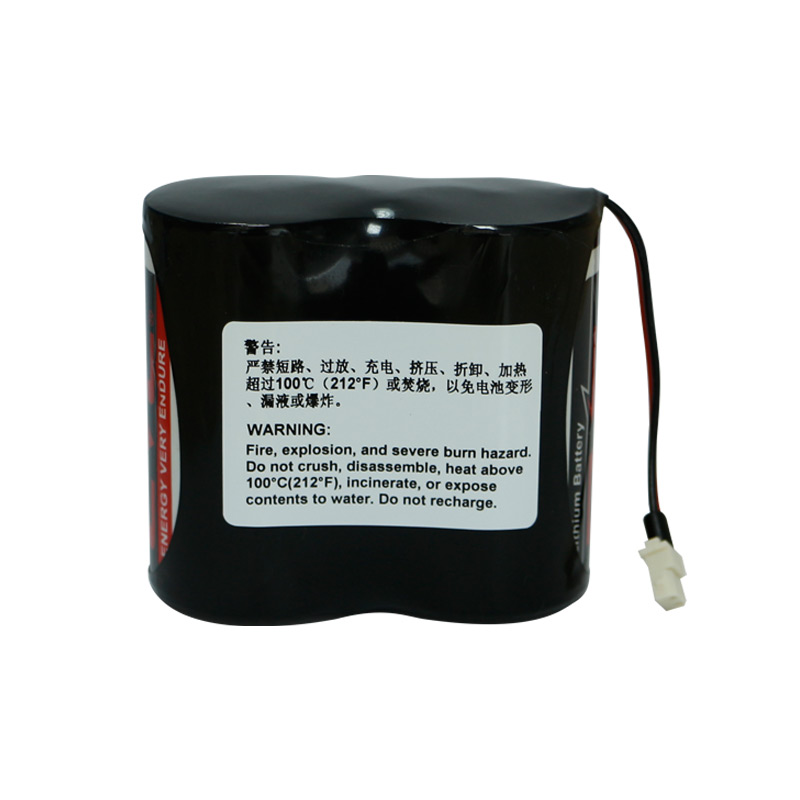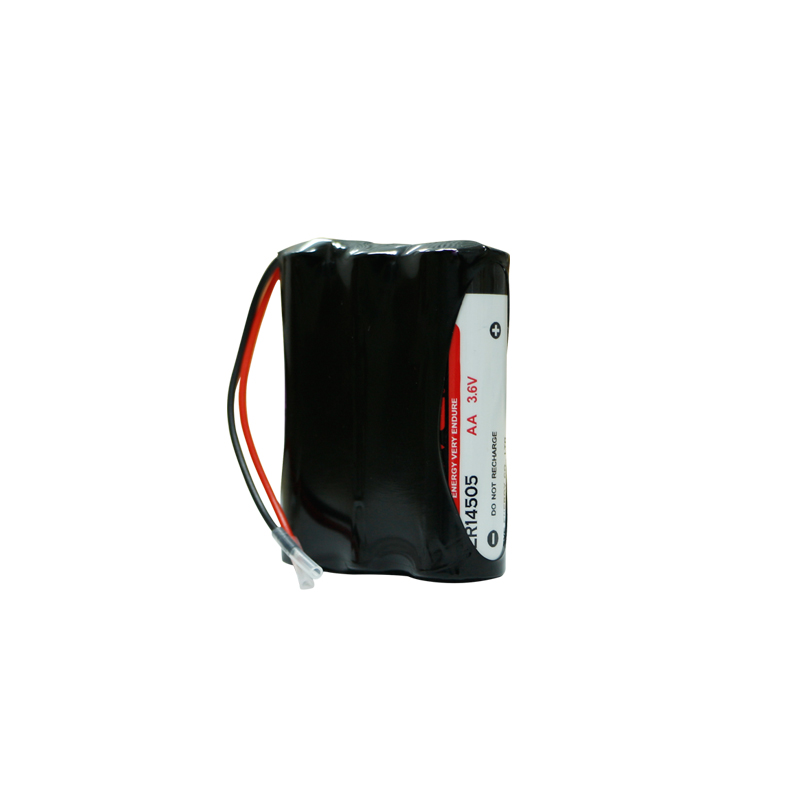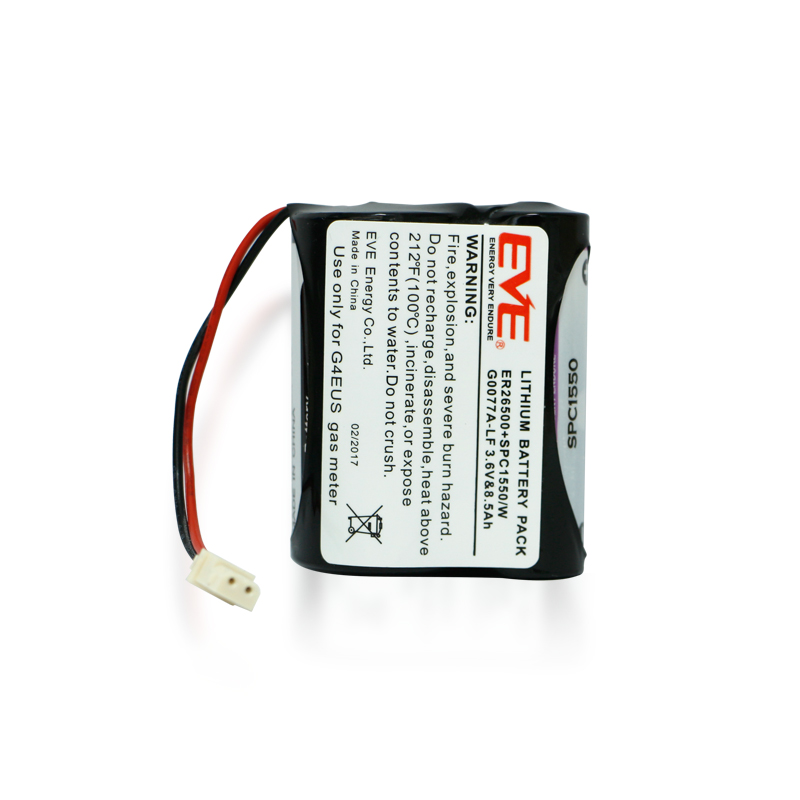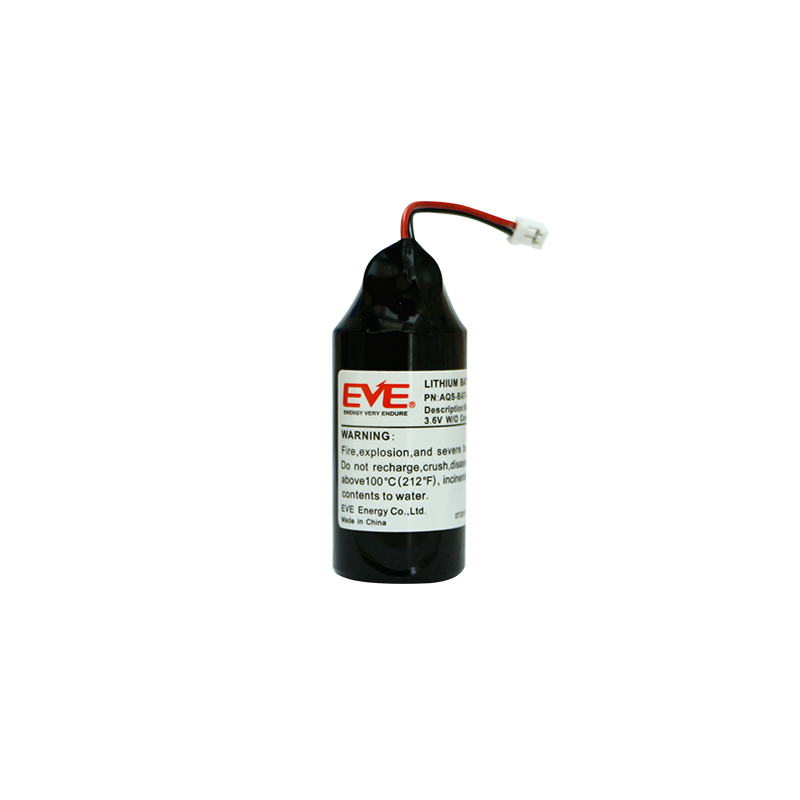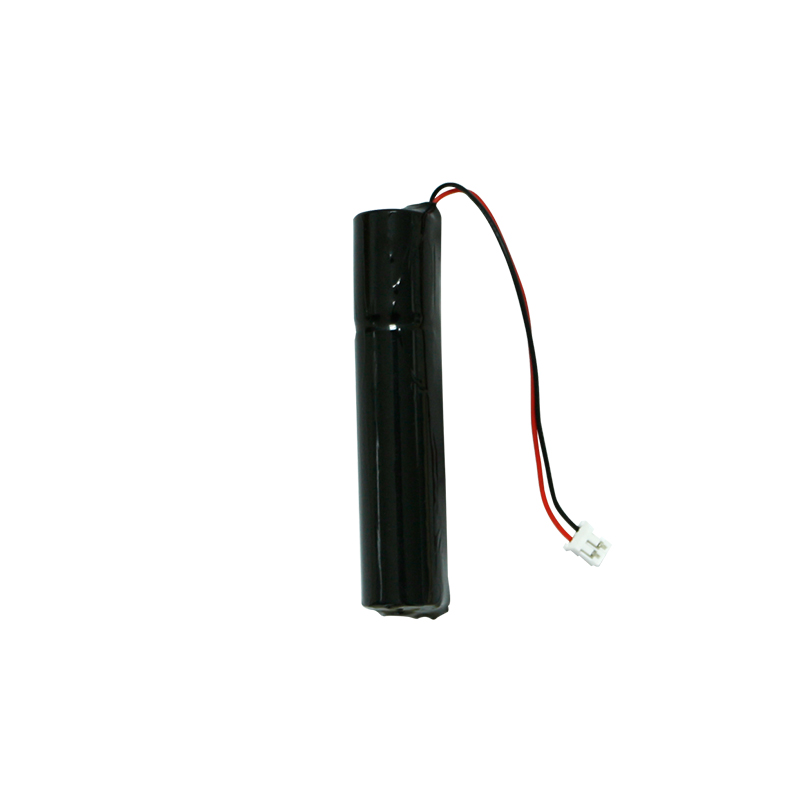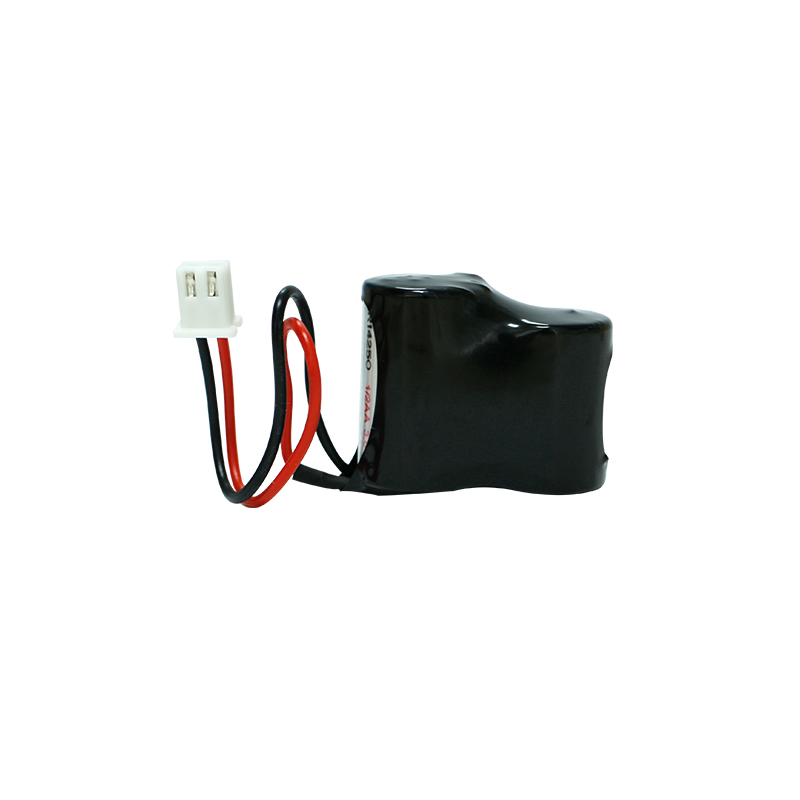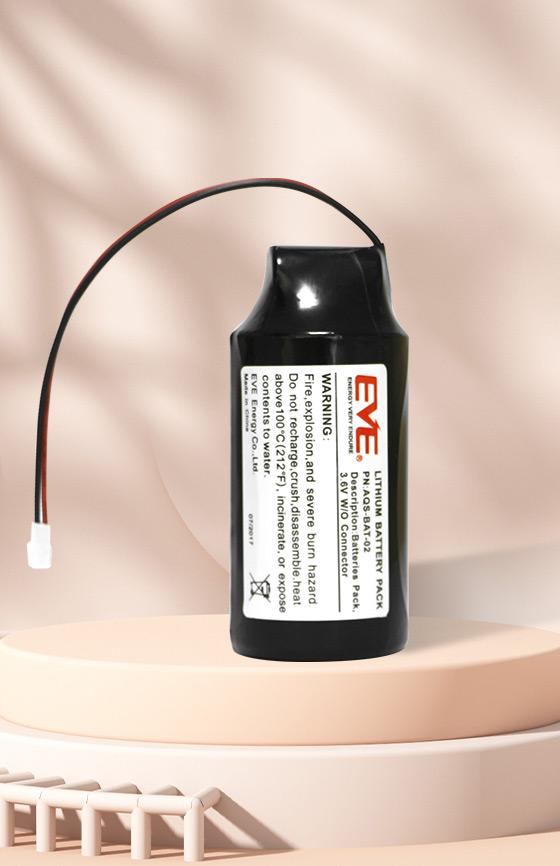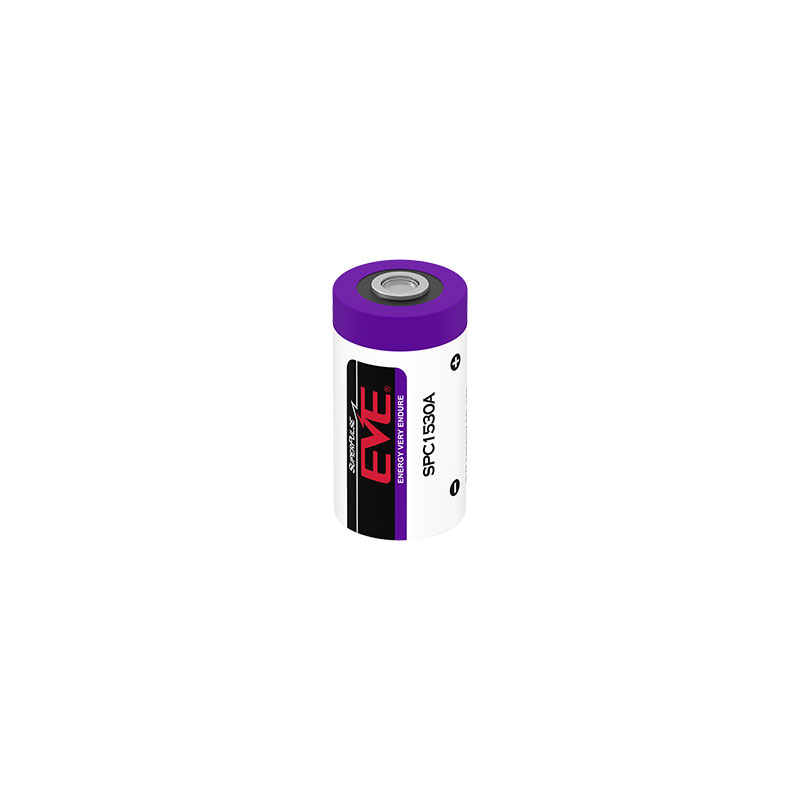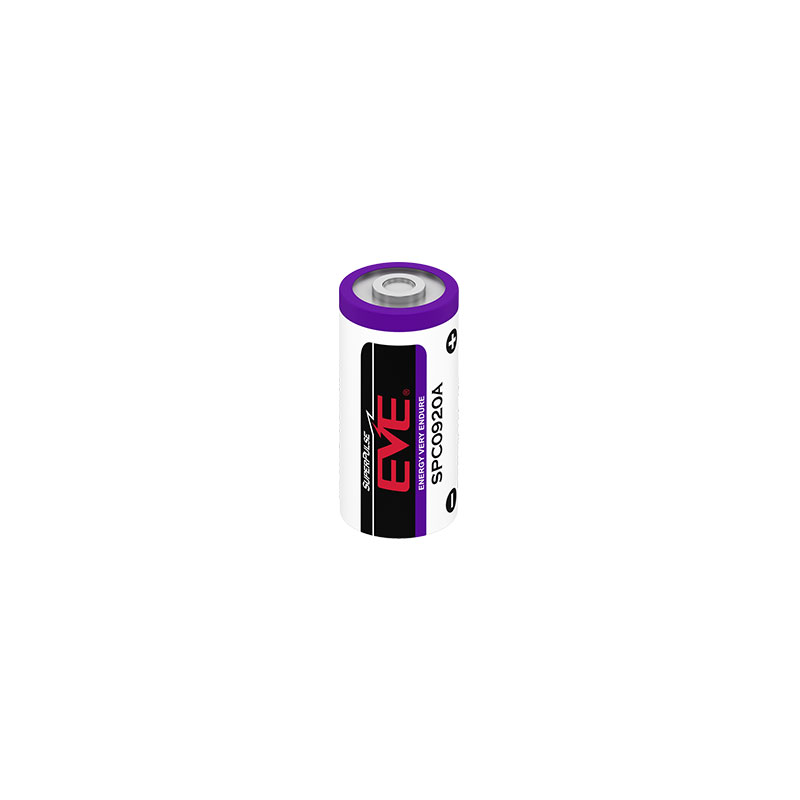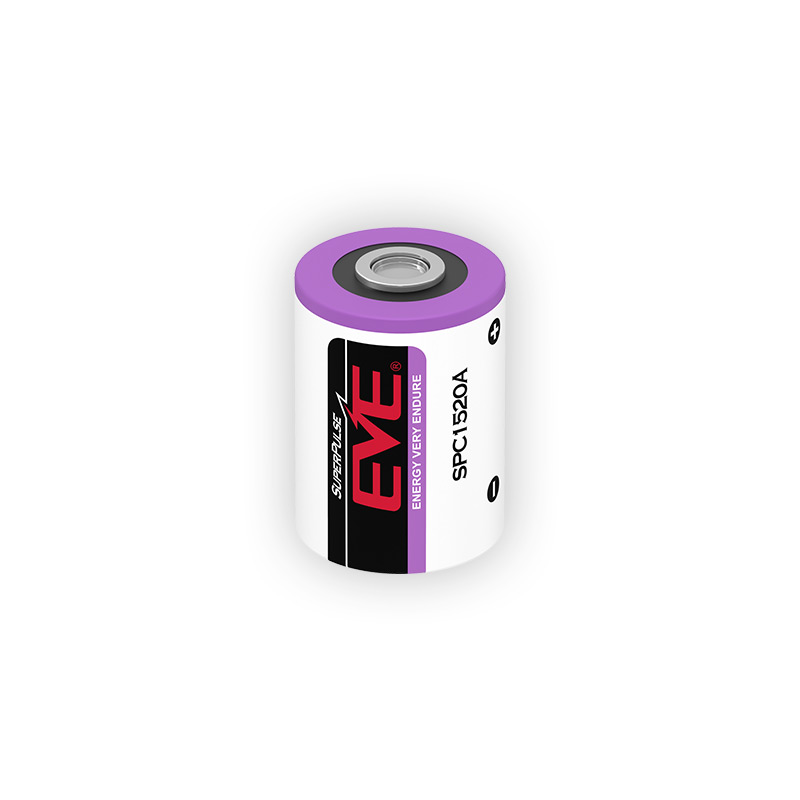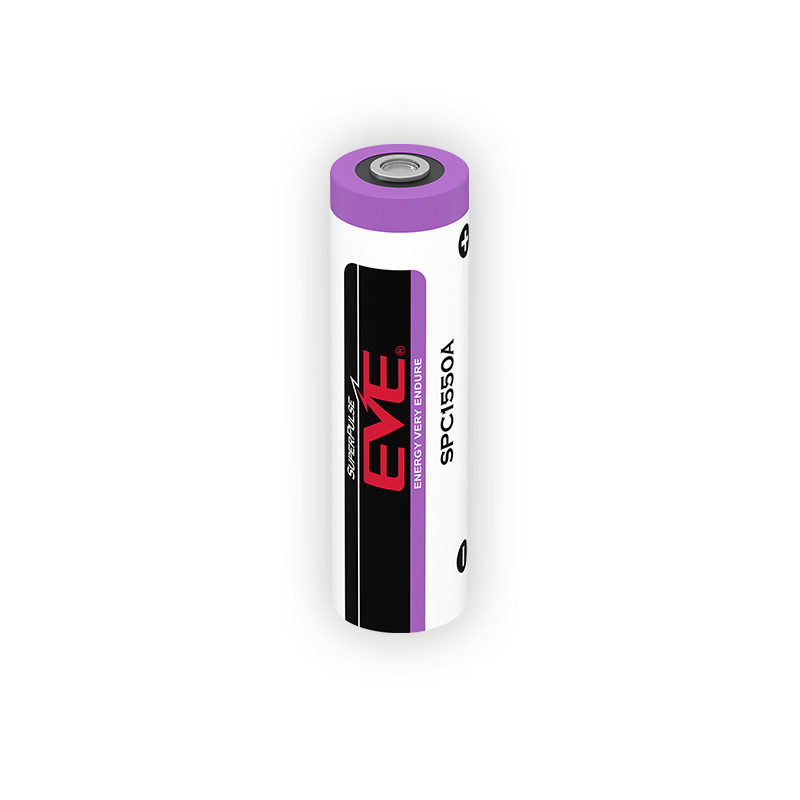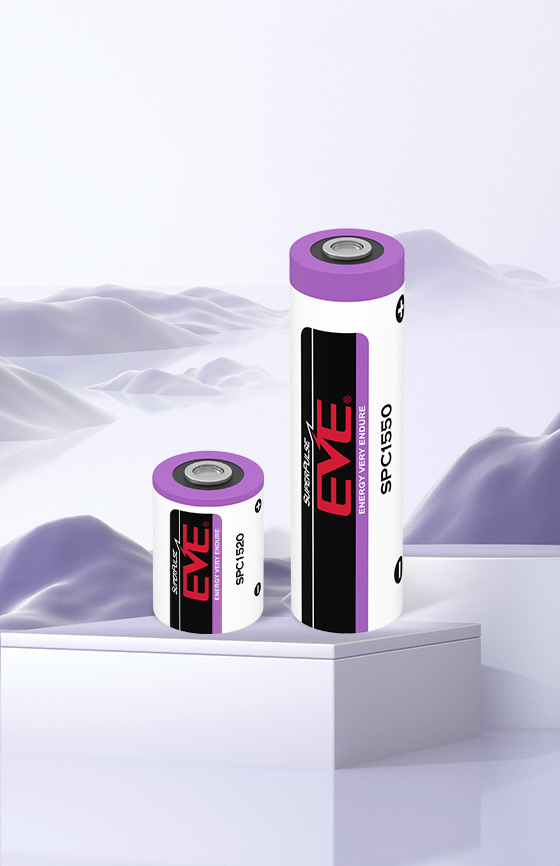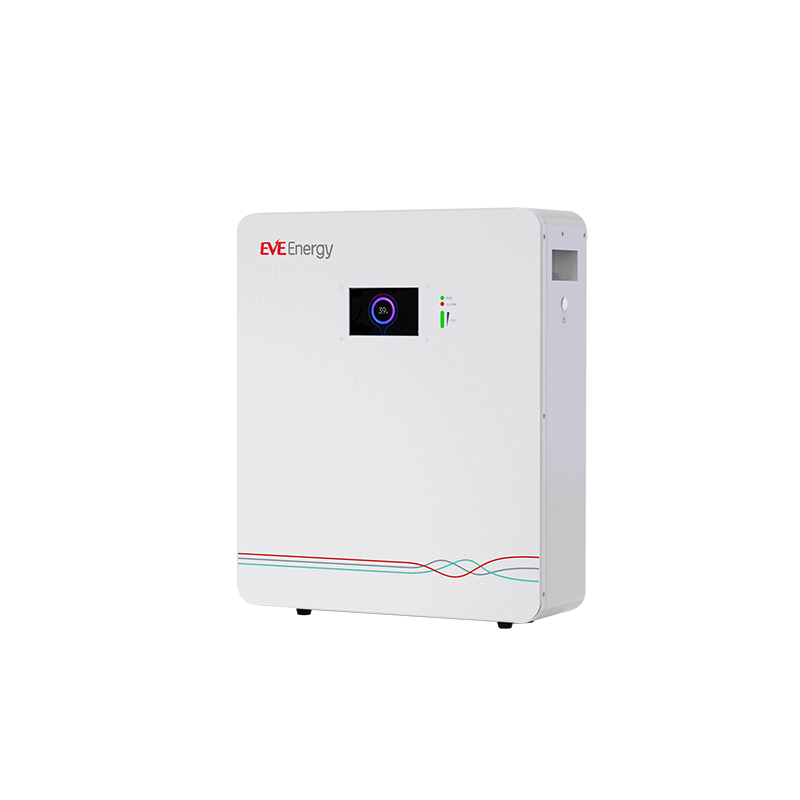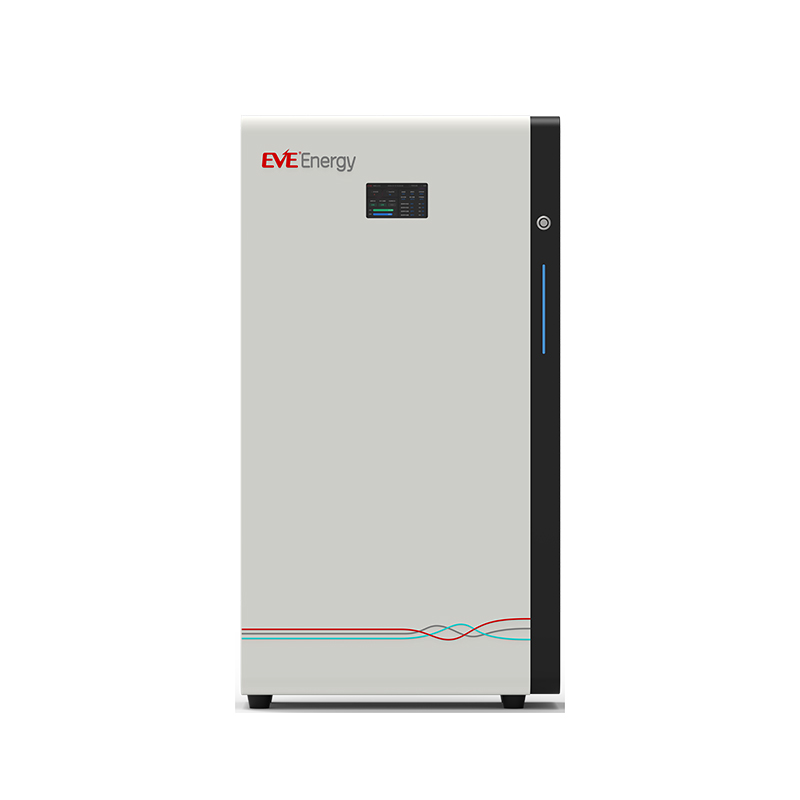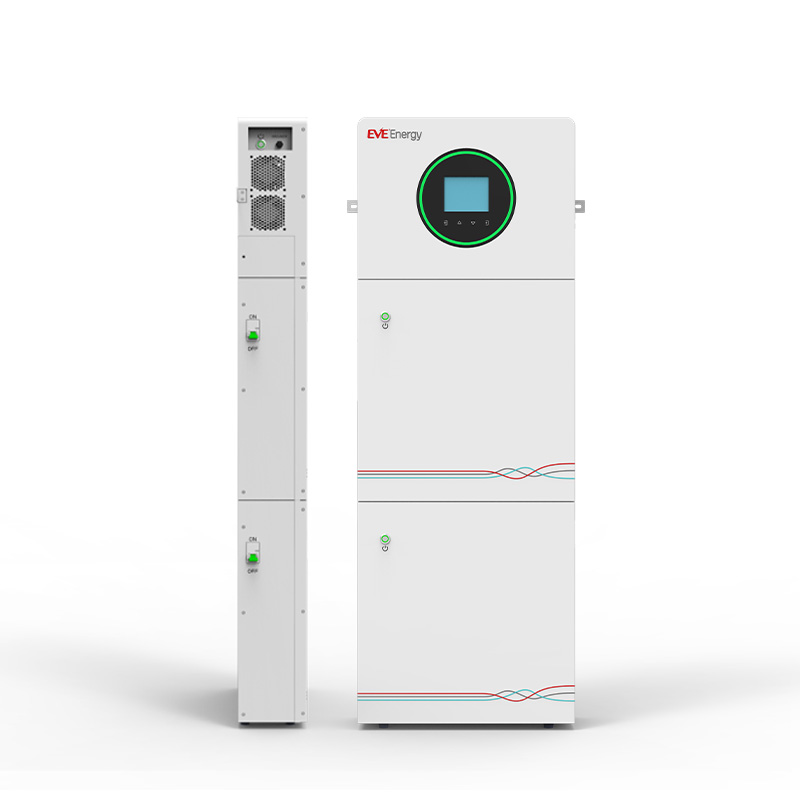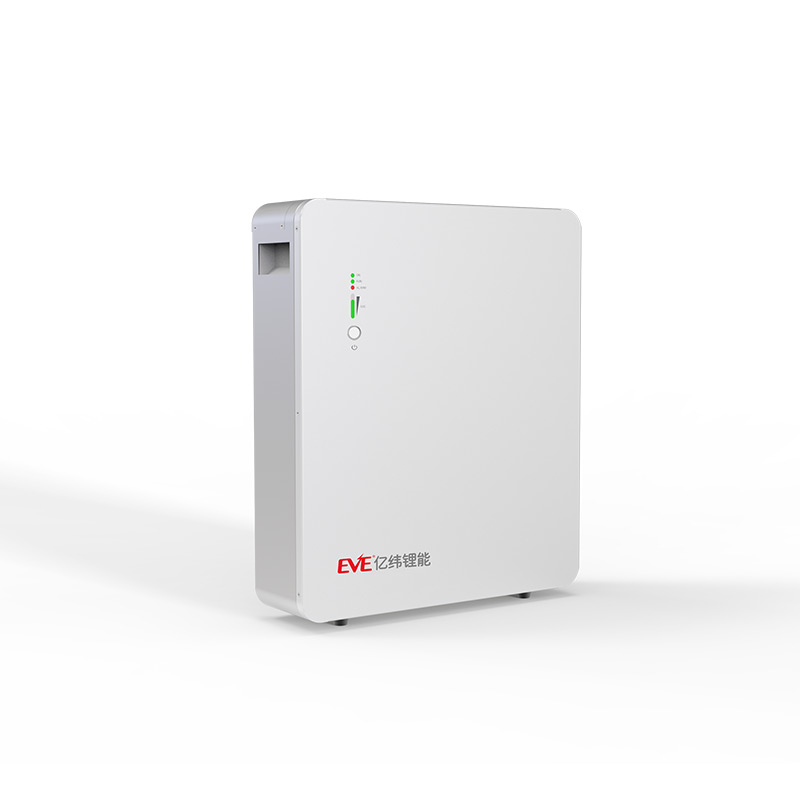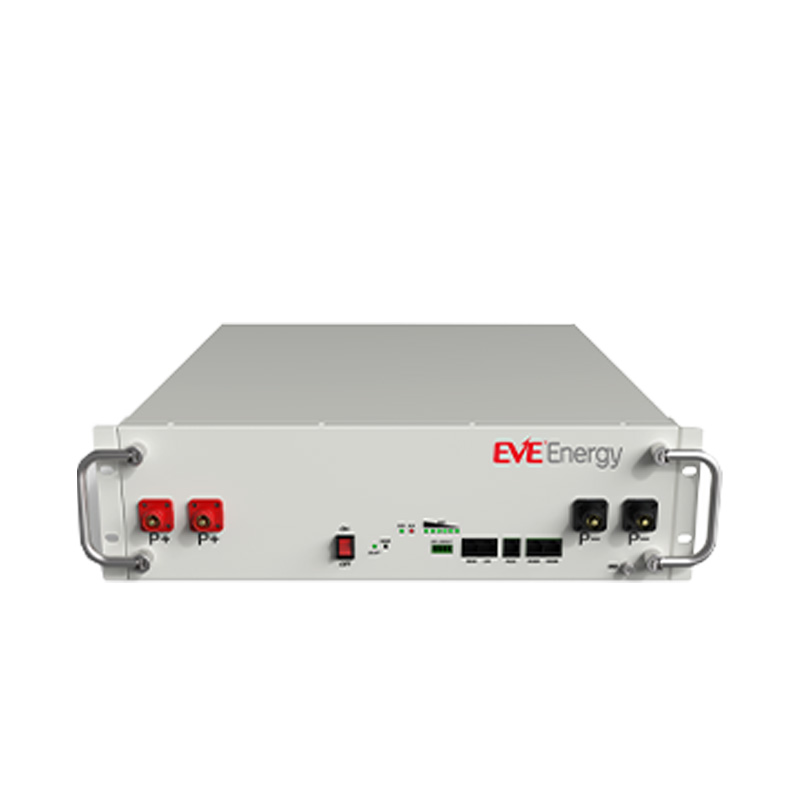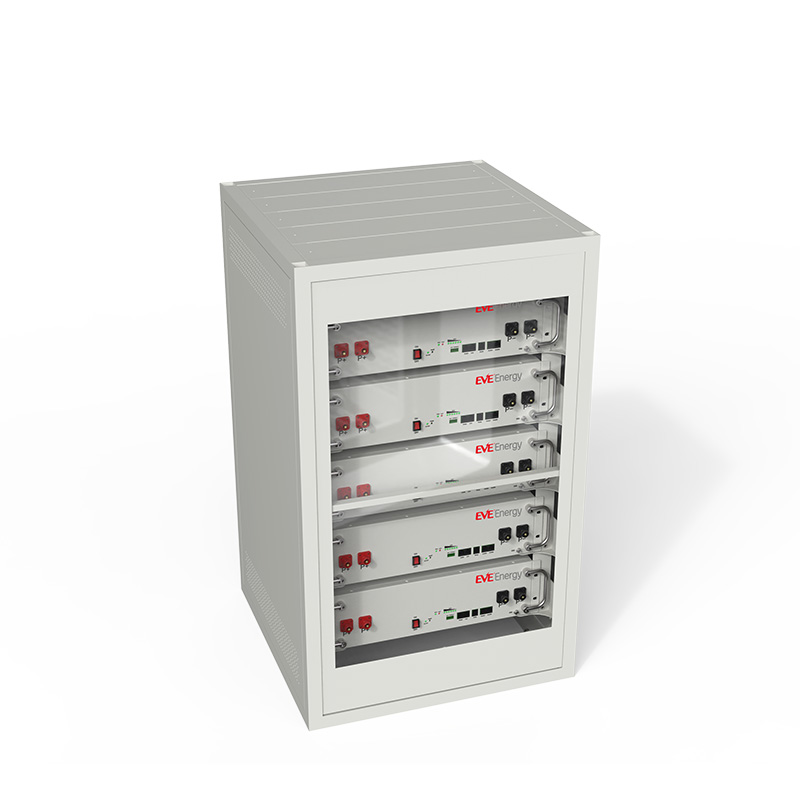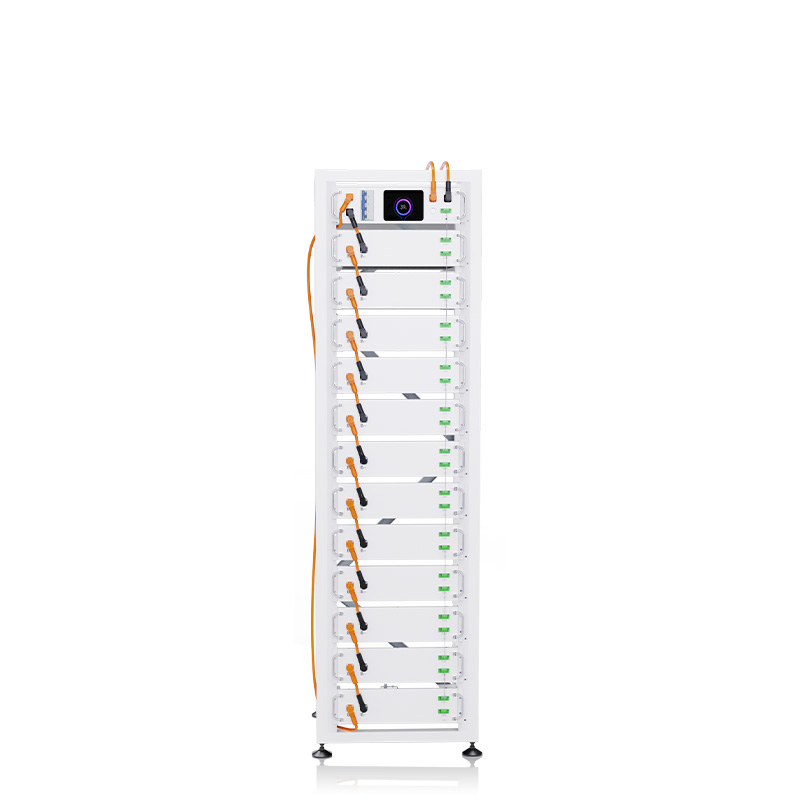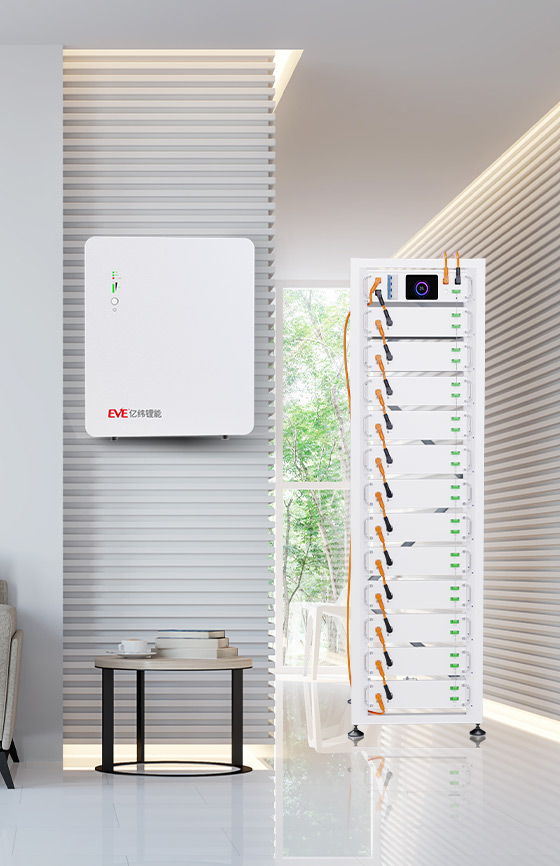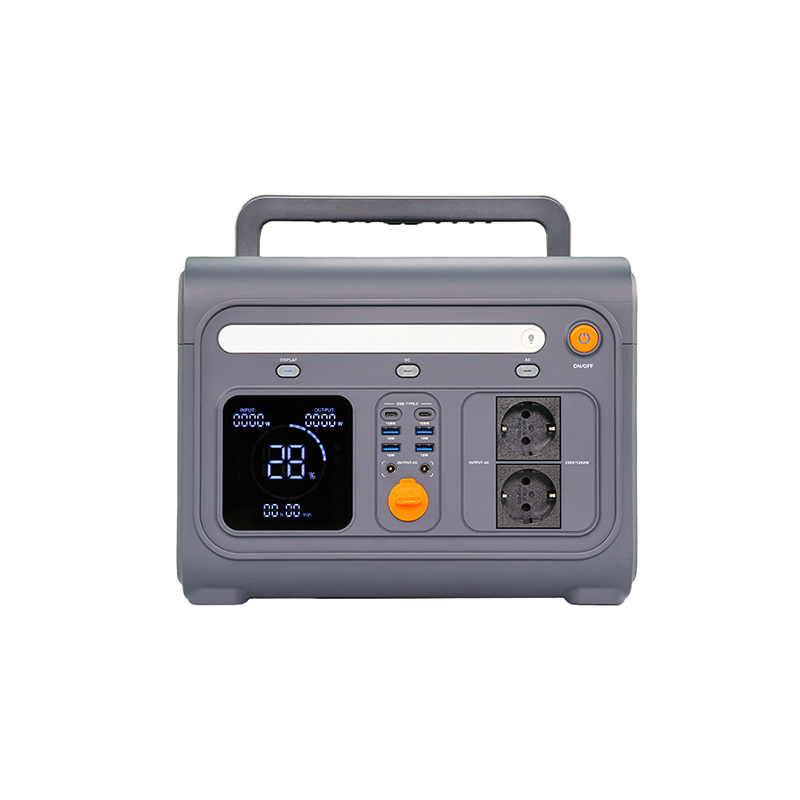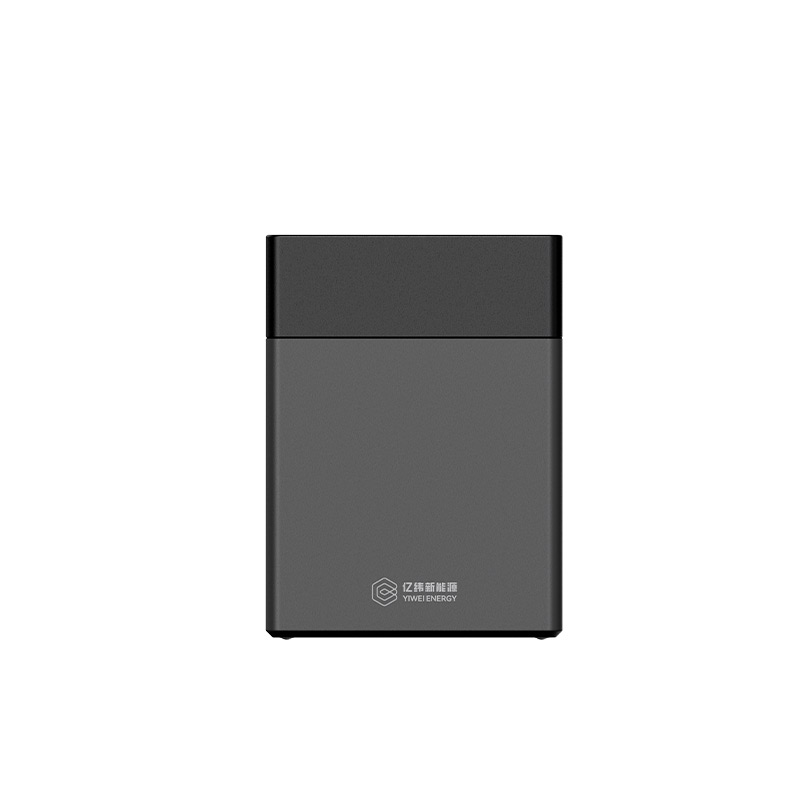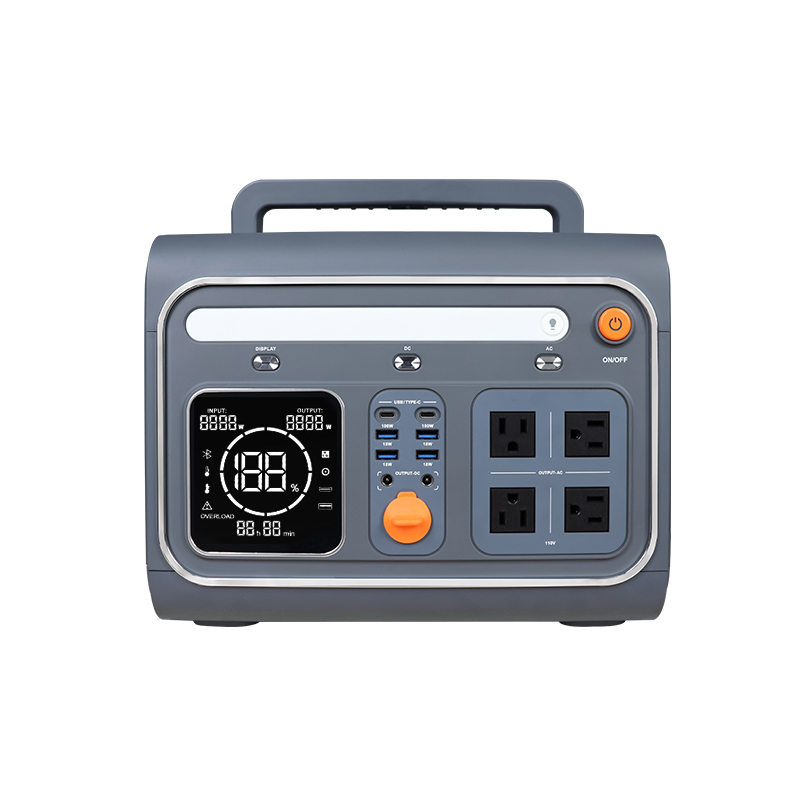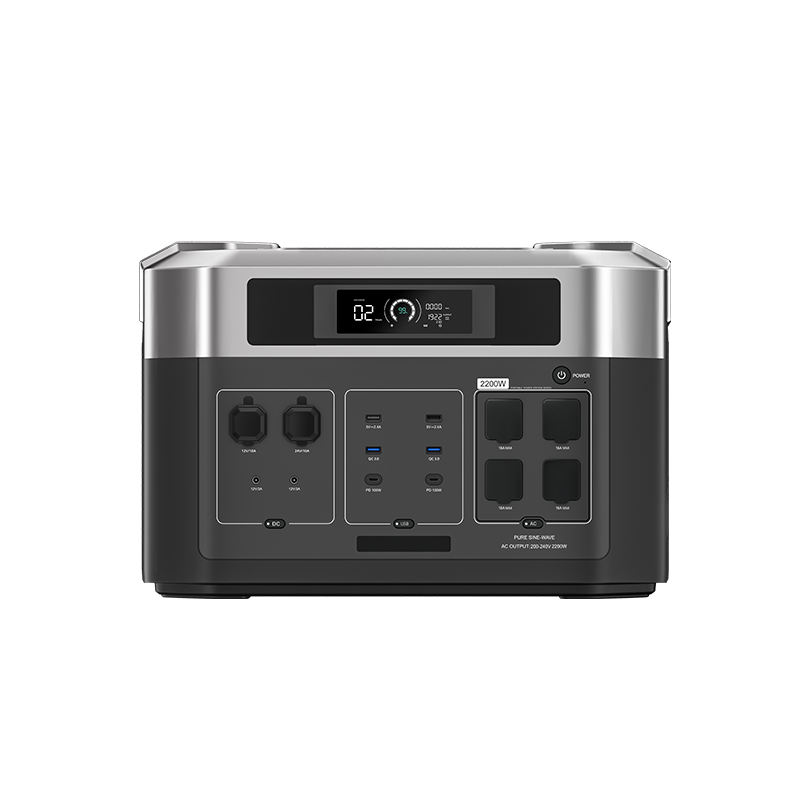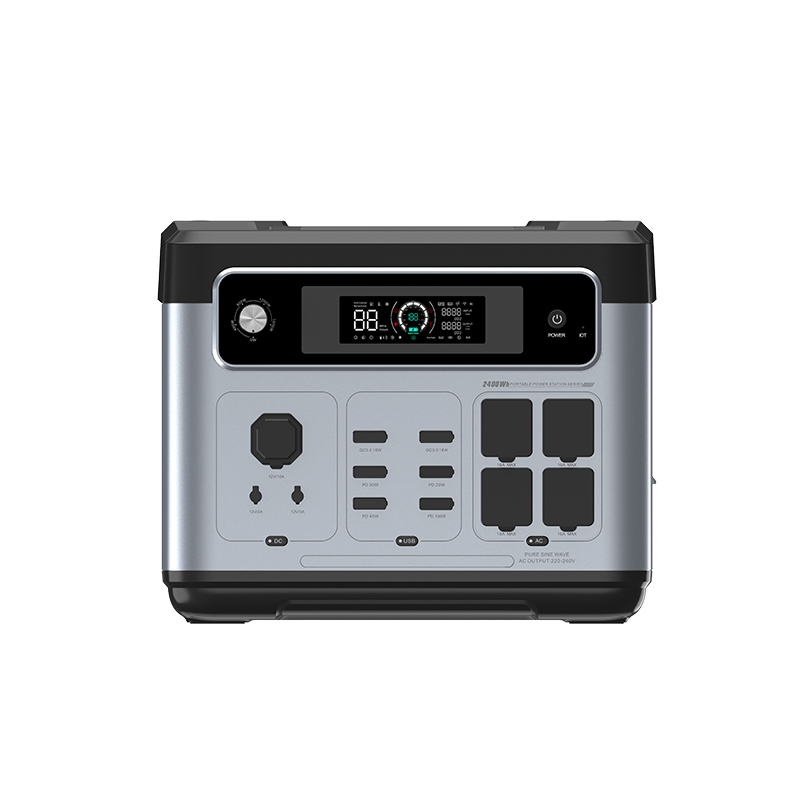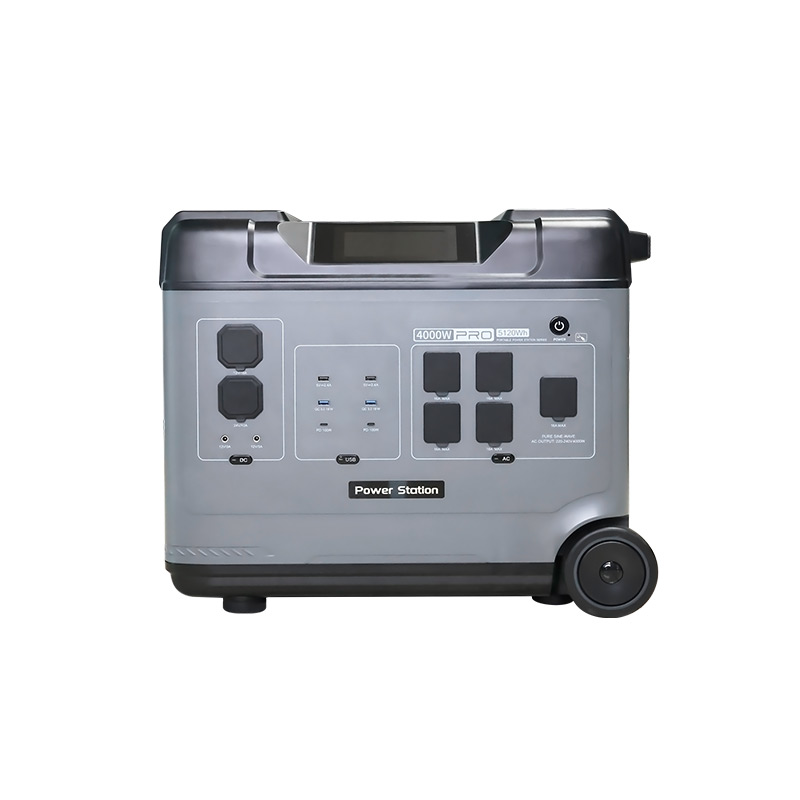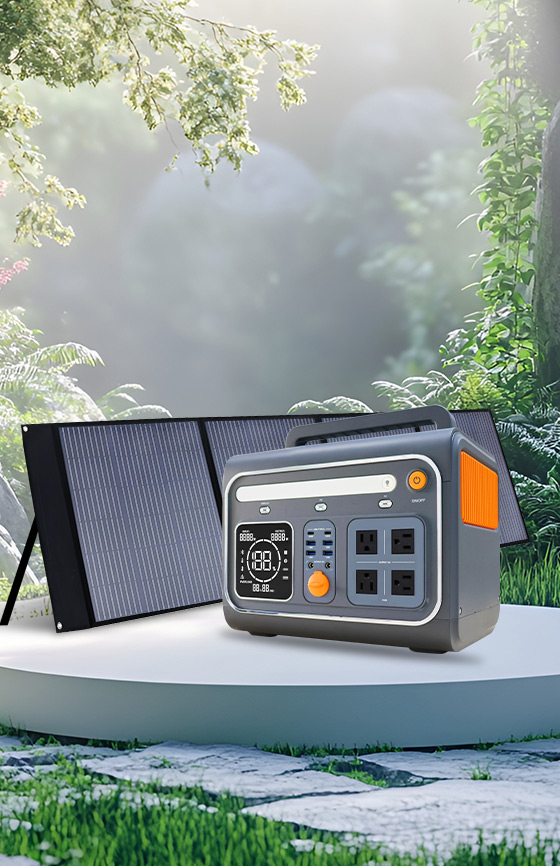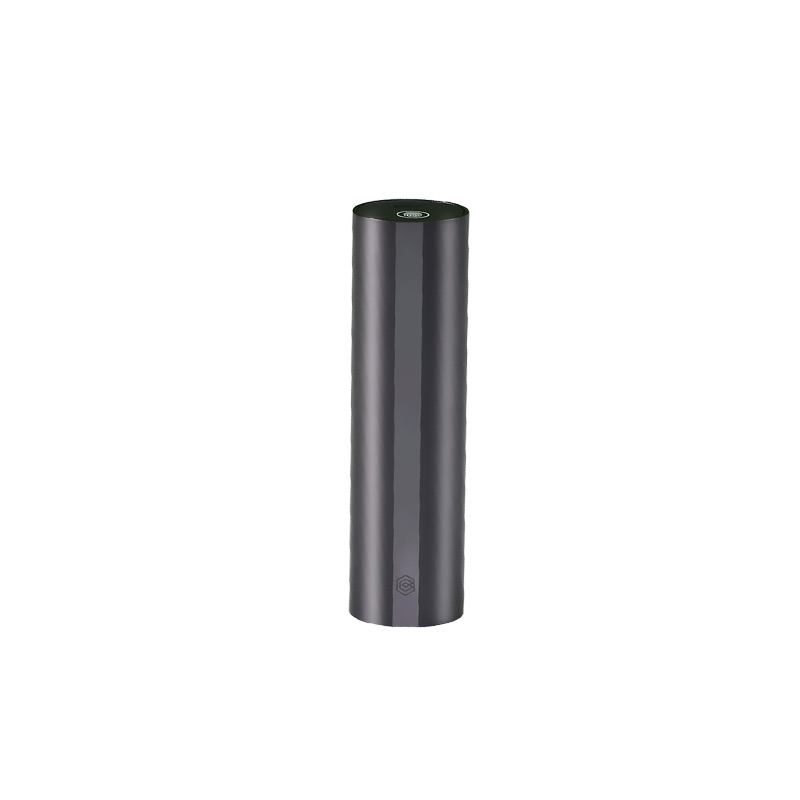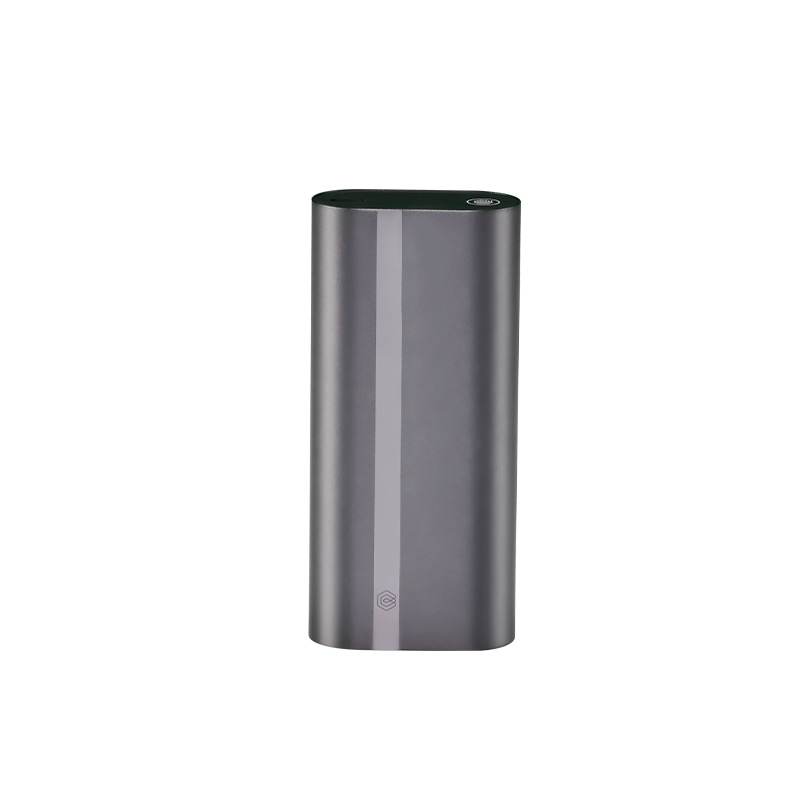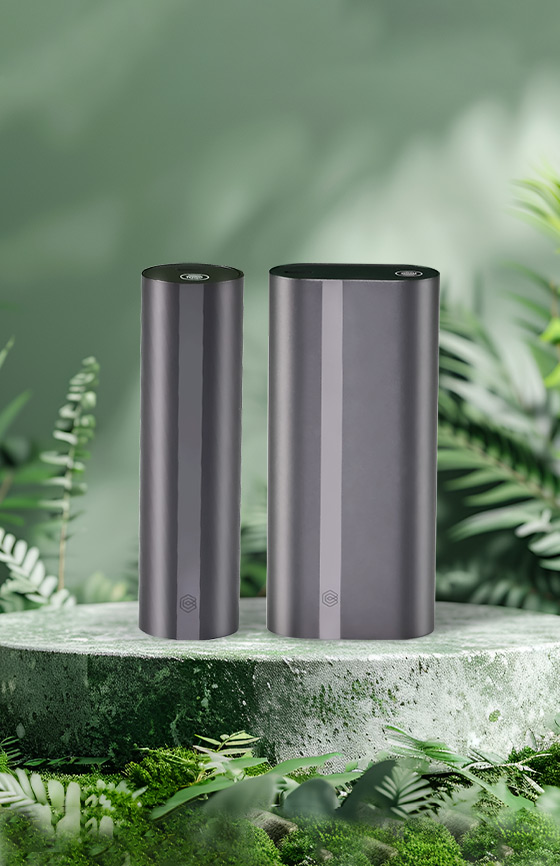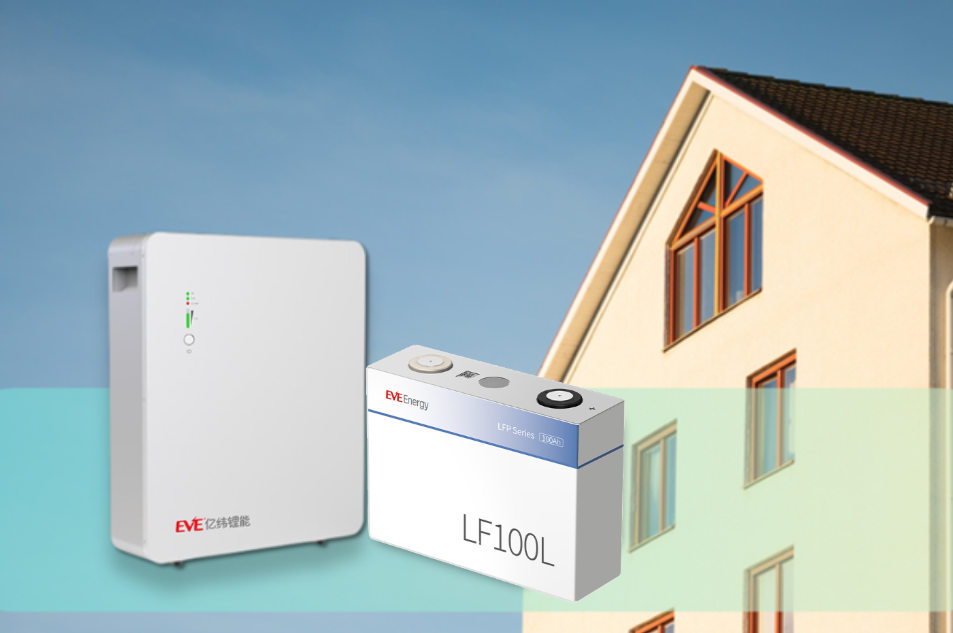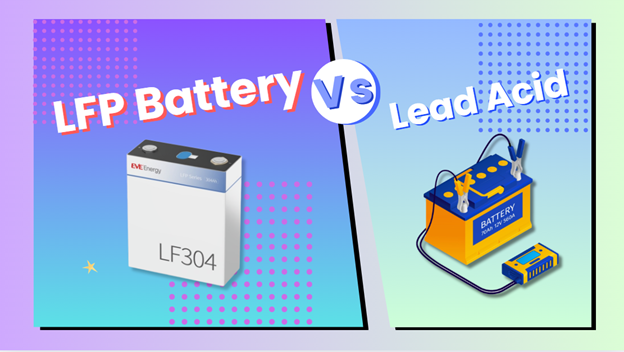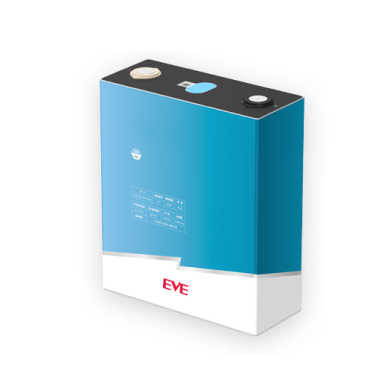The Significance of Lithium Boat Battery: Why, What, And How
2025.05.28
The Bellavia, a cargo ship, lost engine power soon after leaving the Port of Baltimore, requiring a return for repairs and delaying operations. It emphasizes the need for dependable power systems in marine boats for navigation, safety, and efficiency. For example, modern ships use lithium boat battery solutions with higher energy density, cycle life, and dependability than lead-acid batteries. Reliable power systems may avoid such failures, improve vessel performance, and protect people and infrastructure.

Power Systems and Battery Role
What are the Power Systems in Boats?
Boat power systems include AC/DC for versatility. AC systems (120V or 240V) handle high-power air conditioning. DC systems (12V, 24V, or 48V) power essential and navigation equipment. For another classification, the boat power systems can be divided into three parts: power generating system, power distribution system, and emergency power system.
Lithium boat battery solutions have redefined such systems with higher energy density and life cycles than traditional batteries. They cut weight and space for efficiency. Plus, renewable energy solar panels are common for sustainable power solutions and lower generator loads.
How is Power Generated and Supplied on a Boat?
Power generation on boats uses alternators driven by the main/auxiliary engines. Alternators are used for mechanical-to-electrical energy conversion using electromagnetic induction. Diesel-powered marine generators are key to larger vessels for stable power. The power is distributed via a main switchboard, which manages and directs electricity to many subsystems. Lithium boat battery solutions can store surplus energy for energy management and lower generator runtime. It suits hybrid propulsion systems; battery storage complements engine-driven generation.
What is the Role of Batteries in Boat Power Systems?
Lithium boat battery systems are important for current boat power systems. For instance, during power generation, they store energy to smooth out power delivery and decrease generator wear. In power distribution, they provide unfailing voltage levels for sensitive electronics. Lithium batteries offer faster charge times and higher discharge rates for better system performance. In emergency power systems, their reliability and capacity dominate. They guarantee that navigation, communication, and bilge pumps are active during power failures. What is more, lithium batteries' prolonged existence and low maintenance requirements are optimum for marine applications.
What Type of Boat Battery to Choose?
LiFePO4
LiFePO4 batteries are notable for their safety and life. Unlike their smaller, more volatile lithium-ion counterparts, they are the best marine lithium battery solutions. They offer a high cycle life of 3000-5000 (average in the market) for ten years of service. It renders them cost-effective over time. Further, they keep a stable voltage throughout discharge cycles for your boat's electronics. They can be discharged up to 80% without damage, unlike lead-acid batteries, which are at risk of being damaged if discharged below 50%.
Lithium-Ion
Lithium-ion batteries are less suitable for marine applications than LiFePO4 batteries. They are efficient, keep voltage throughout their discharge cycles, and can be charged quickly. Nevertheless, their sensitivity to environmental conditions makes them less appropriate for boats. Still, their lightweight and high energy density are good for applications with critical weight and space constraints.
Lead-Acid
Lead-acid batteries are traditional for marine applications due to their low initial cost and availability. However, they have drawbacks compared to lithium boat battery solutions. For instance, they are weightier and bulkier. Additionally, their cycle life is shorter, lasting up to 500 cycles (source from Wikipedia), and their performance degrades if discharged below 50%. Lead-acid batteries also require regular upkeep to optimize their life, including guaranteeing electrolyte levels and avoiding sulfation. Also, they lose voltage steadily as they discharge for less performance for boat electronics. Yet, they outfit those prioritizing upfront cost over long-term dependability.
EVE's LiFePO4 Battery LF280K and LF230
EVE LF280K lithium boat battery is ideal for shipboard energy storage due to its 280Ah LiFePO4 capacity, 8000 cycle life (at 25℃), and low internal resistance (≤0.25mΩ). EVE LiFePO4 battery is efficient and reliable in maritime settings. It works in a wide temperature range for dynamic sea conditions.
For boat power systems, the EVE LF230 LiFePO4 battery is ideal. Its 230Ah capacity and 4000 cycles (at 25℃) accommodate large power needs with stability. The lightweight (4140g ± 124g), efficient charging (0.5C), and discharging currents are appropriate for naval applications where space and weight are key.

Conclusion
EVE specializes in high-performance energy solutions and lithium boat battery innovation and sustainability. Our battery cell units represent cutting-edge electric power technology. Manufacturers can trust our batteries' capacity, endurance, and cycles over a decade. As for March 2024, EVE’s installed capacity of electric ships ranks in the top 10 list. Apart from that, our 23 years of experience, 7900+ patents, and 5500+ R&D experts allow easy integration of our goods, including the lithium boat battery, into high-demand applications to strengthen our market reputation.




